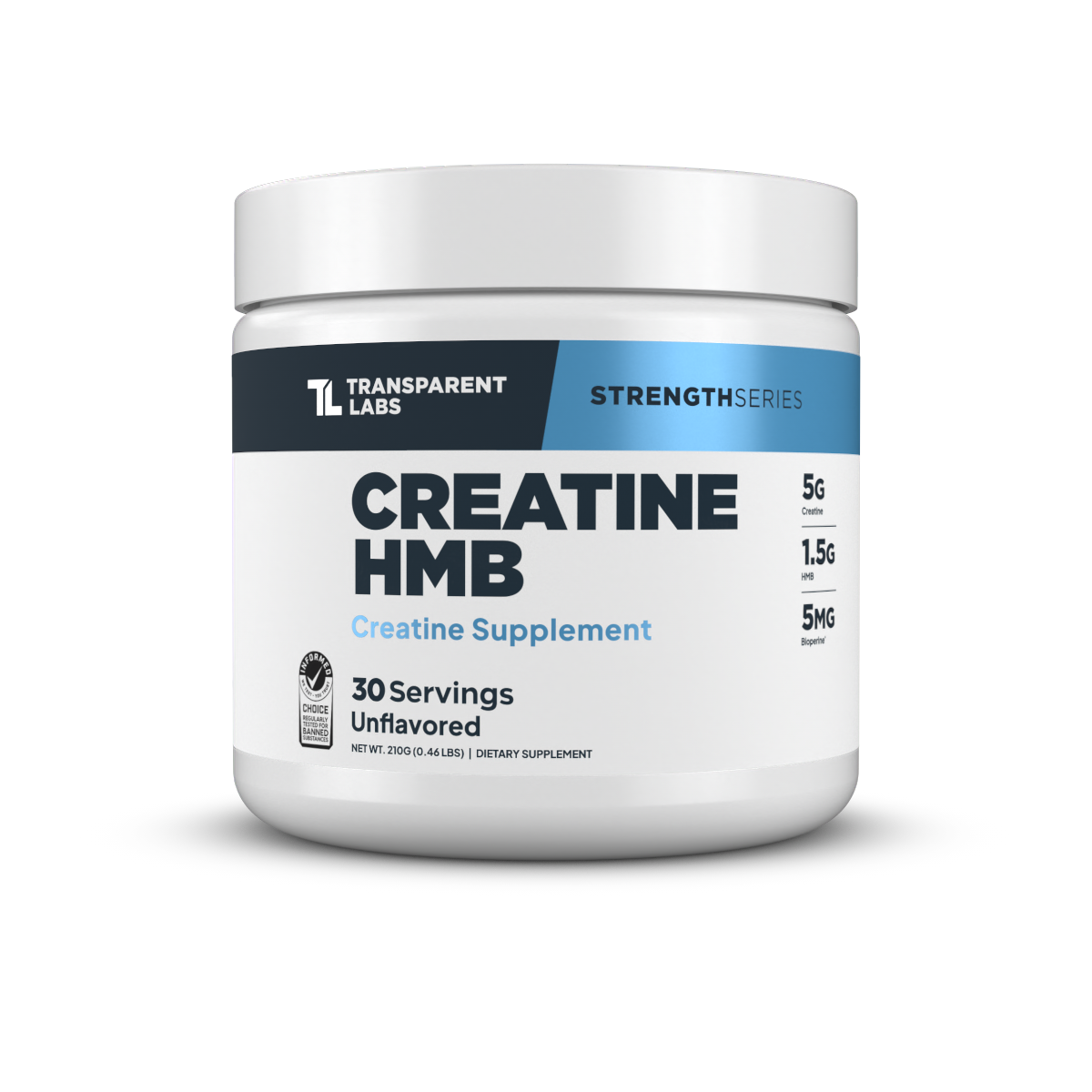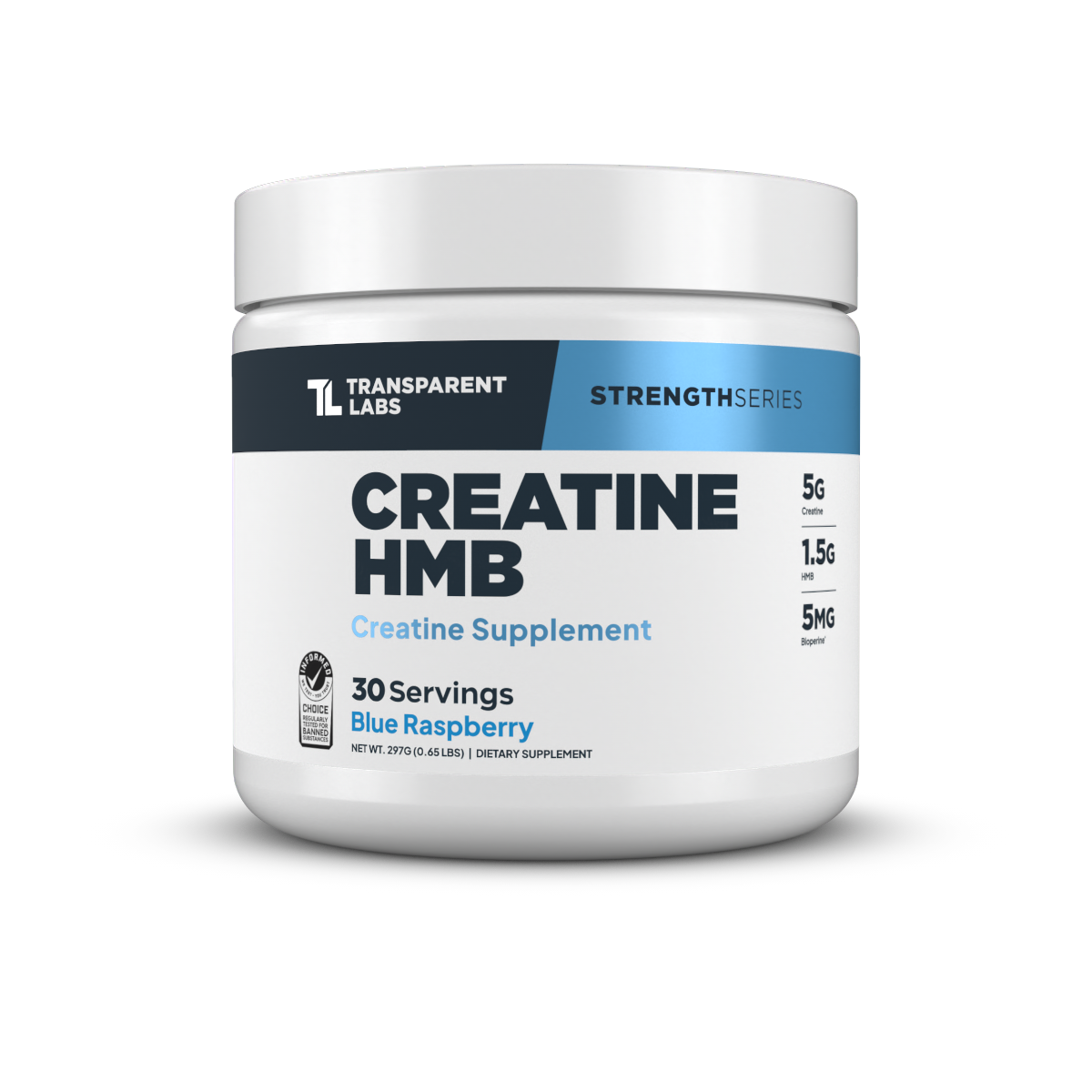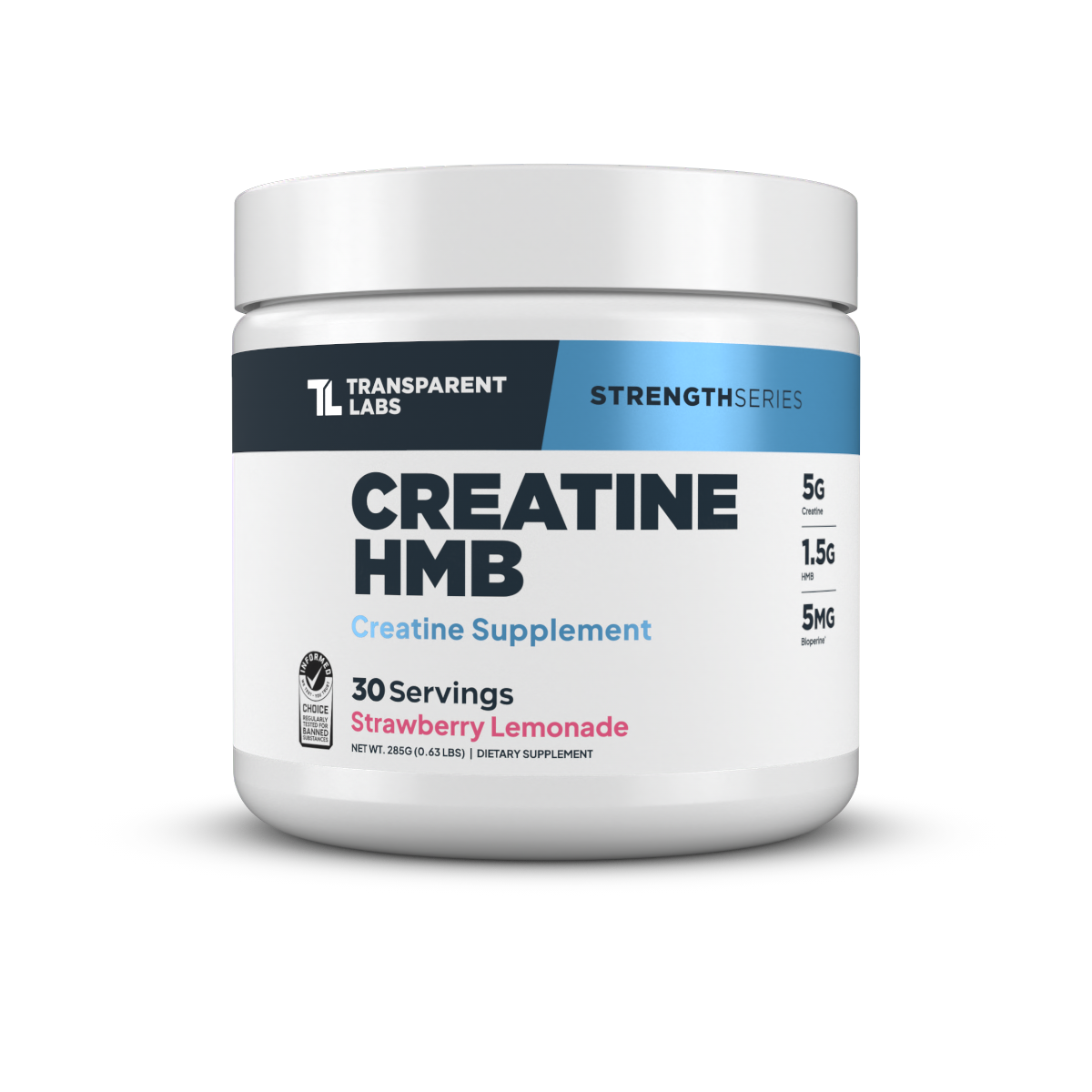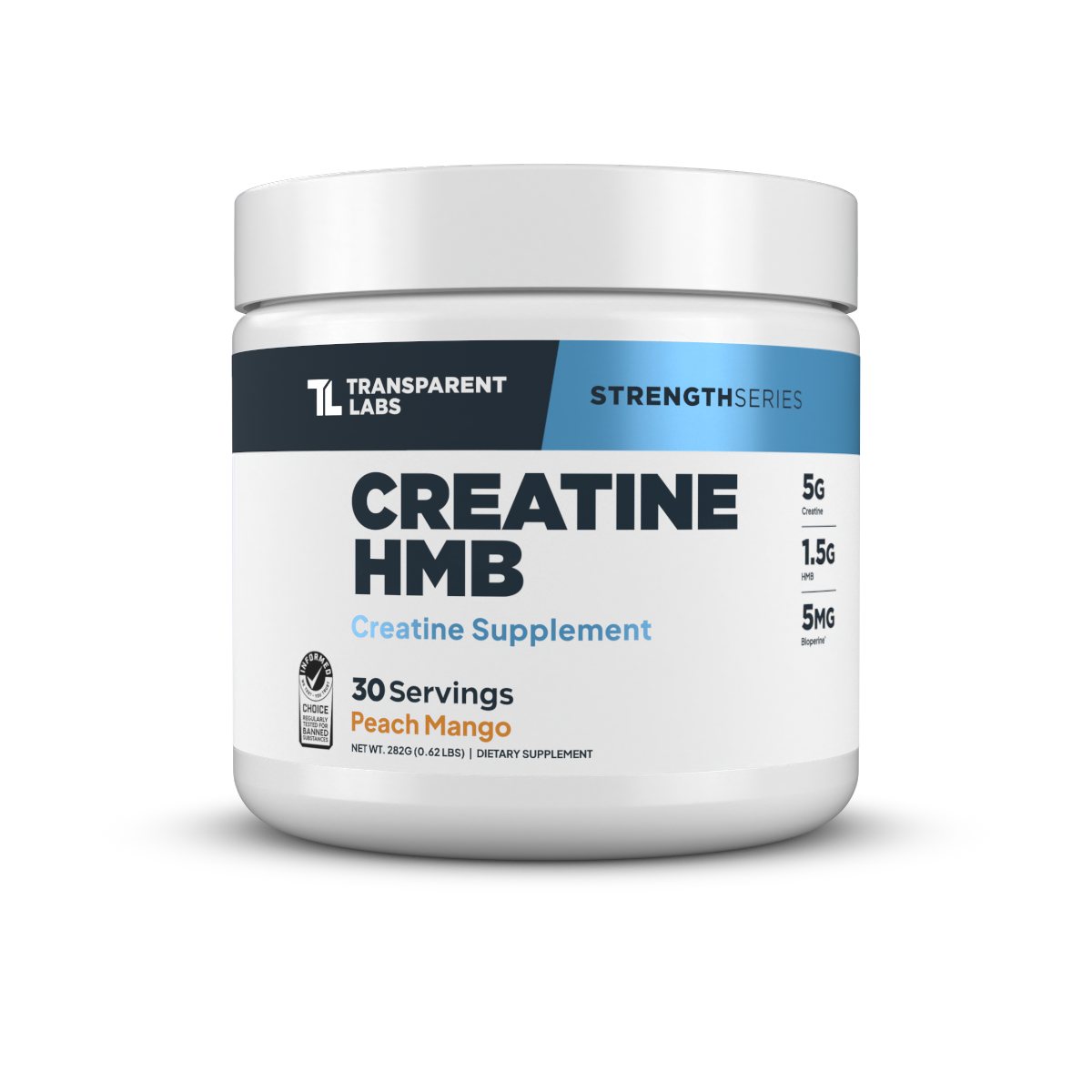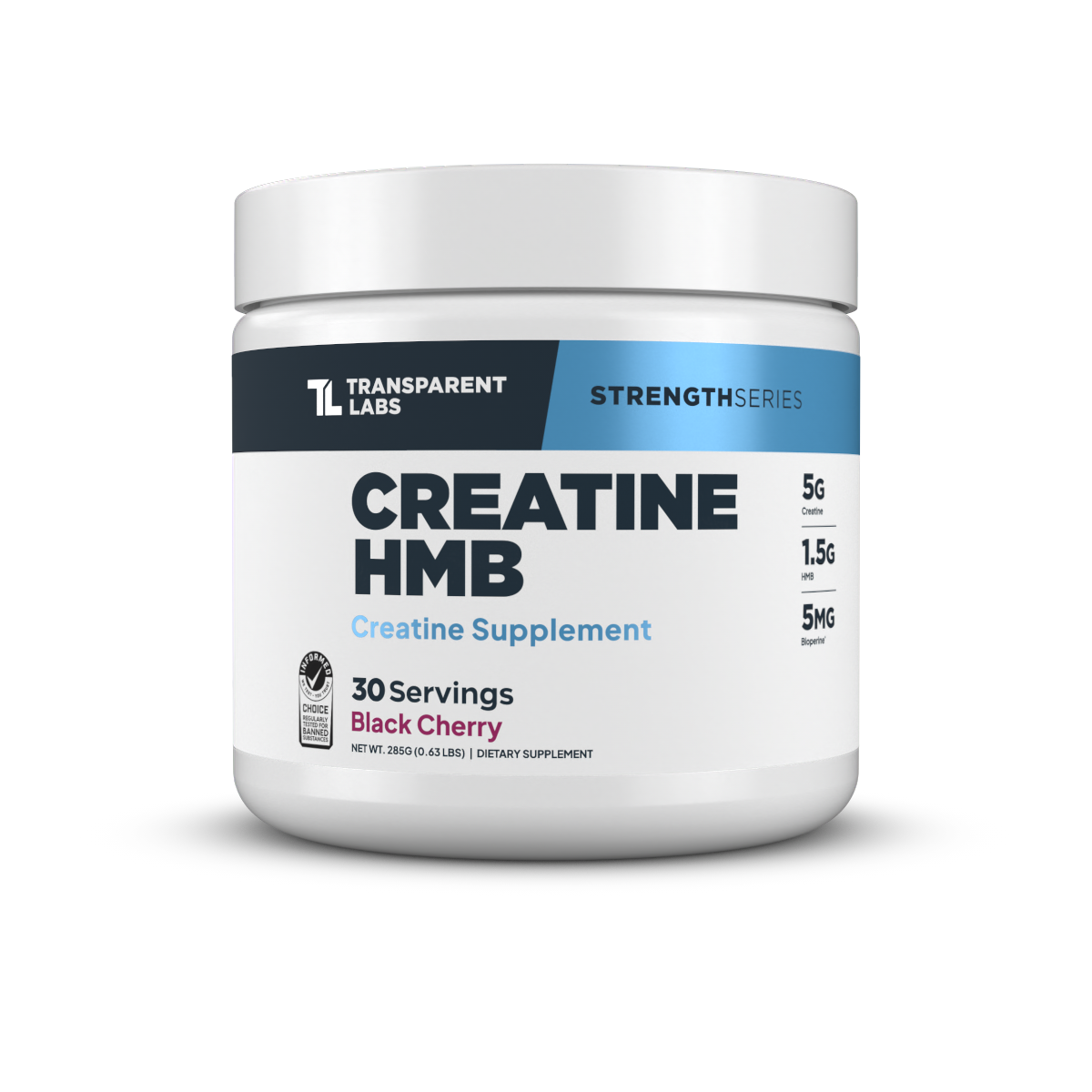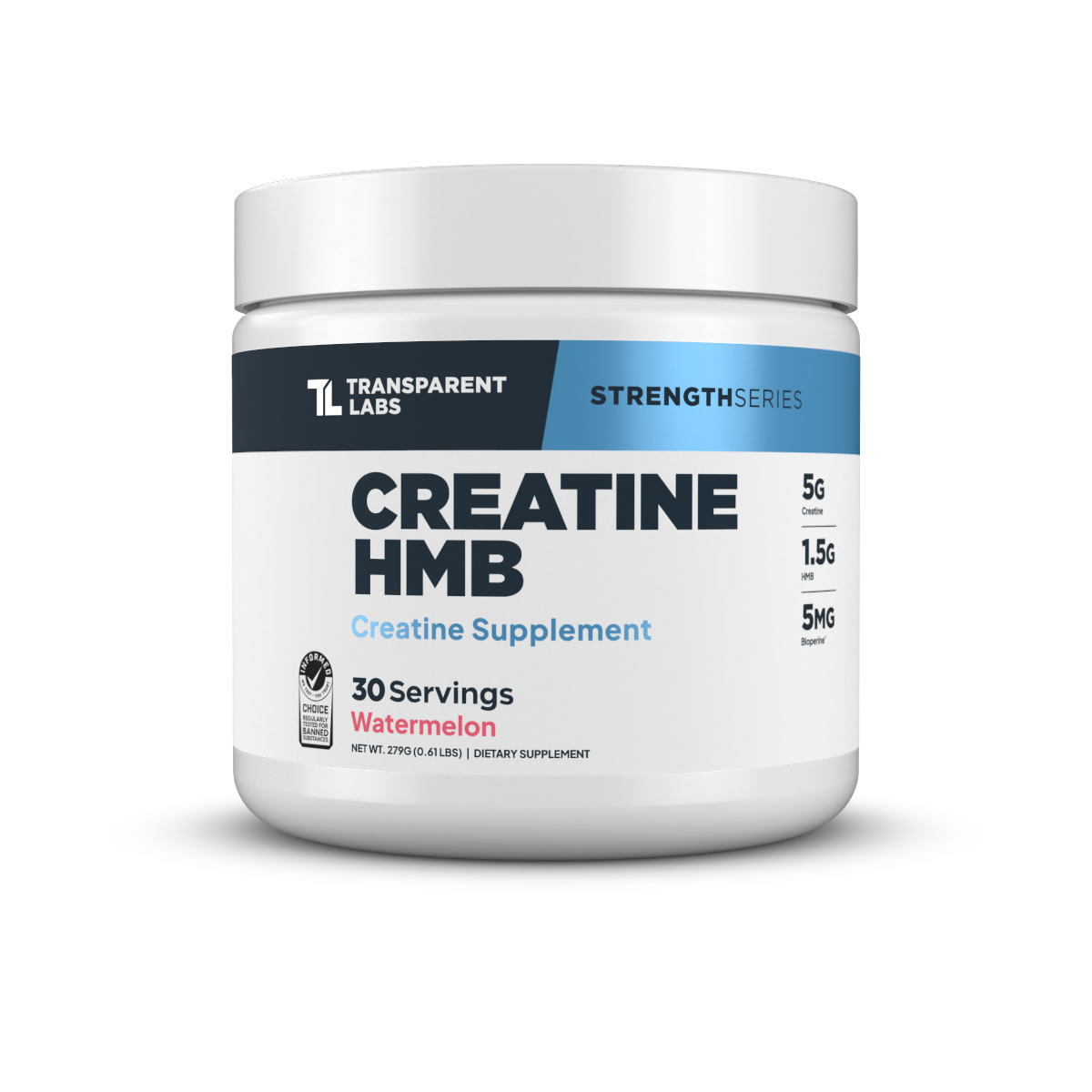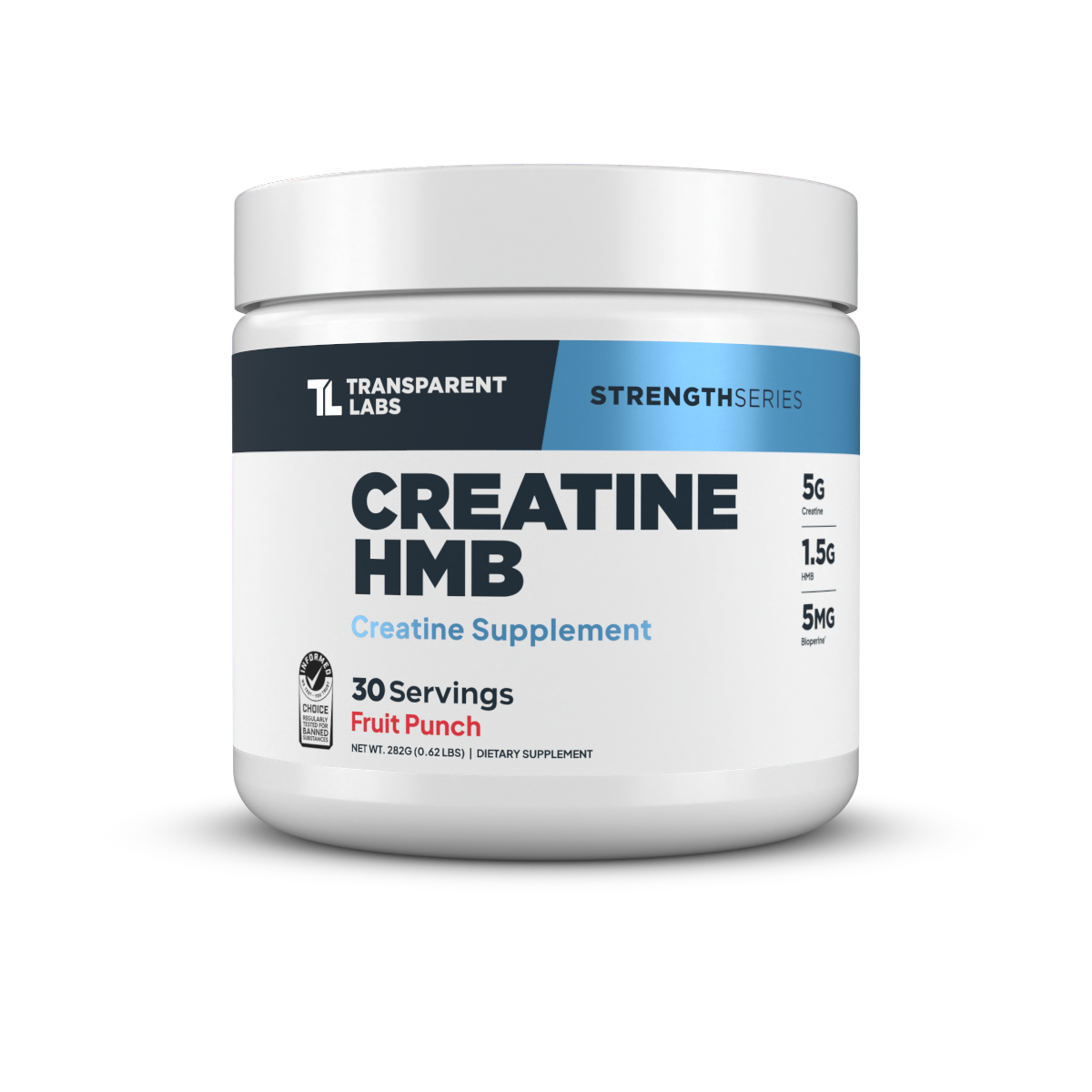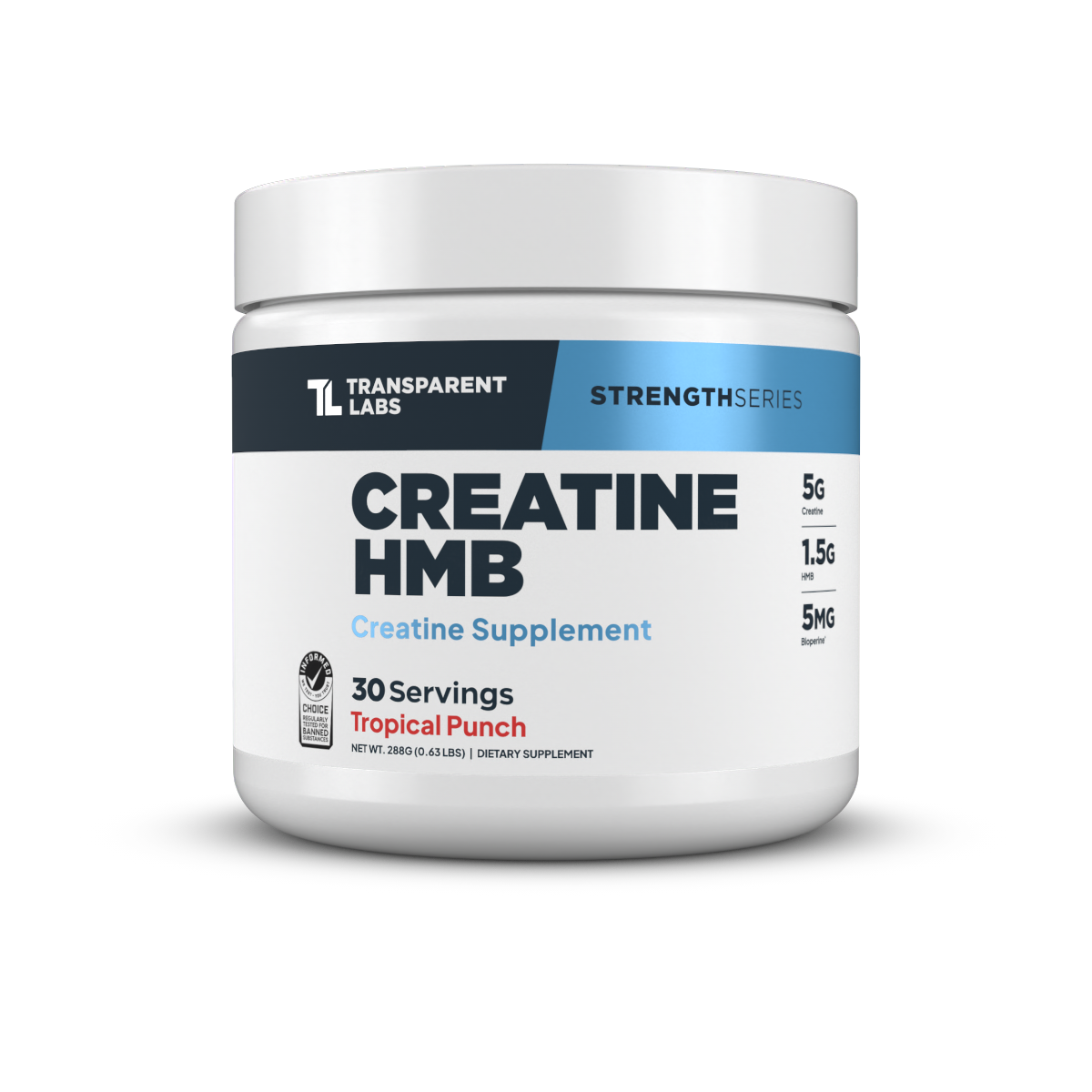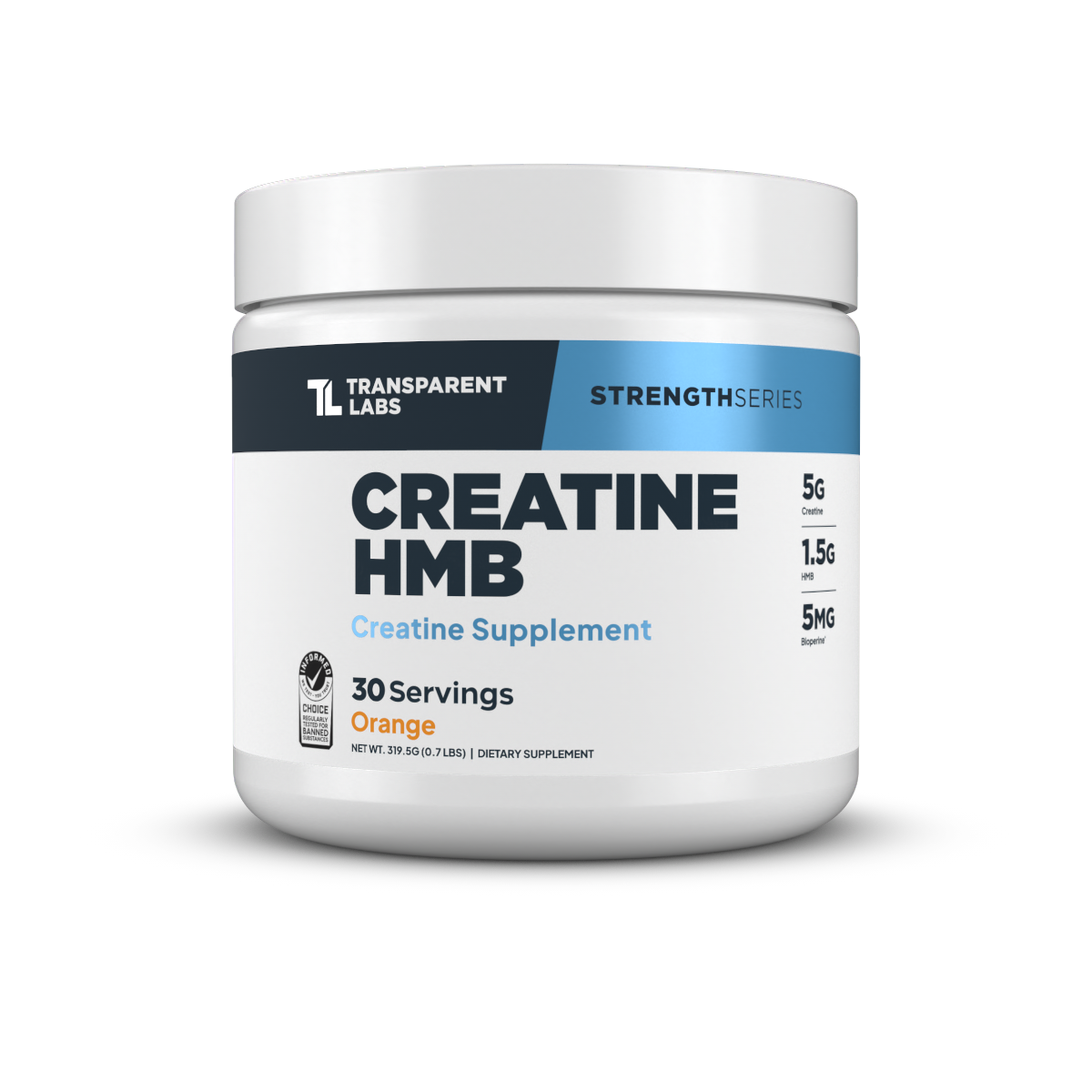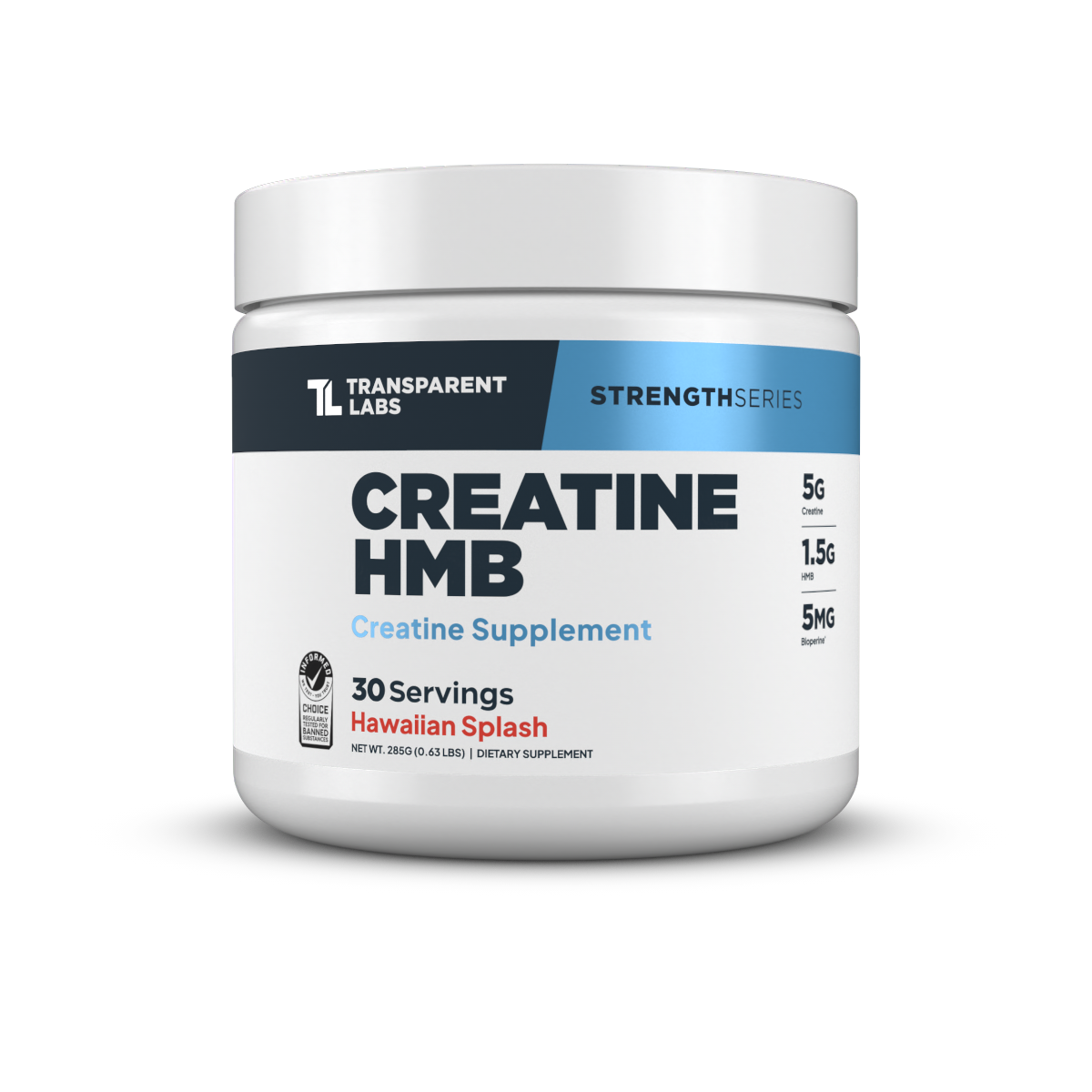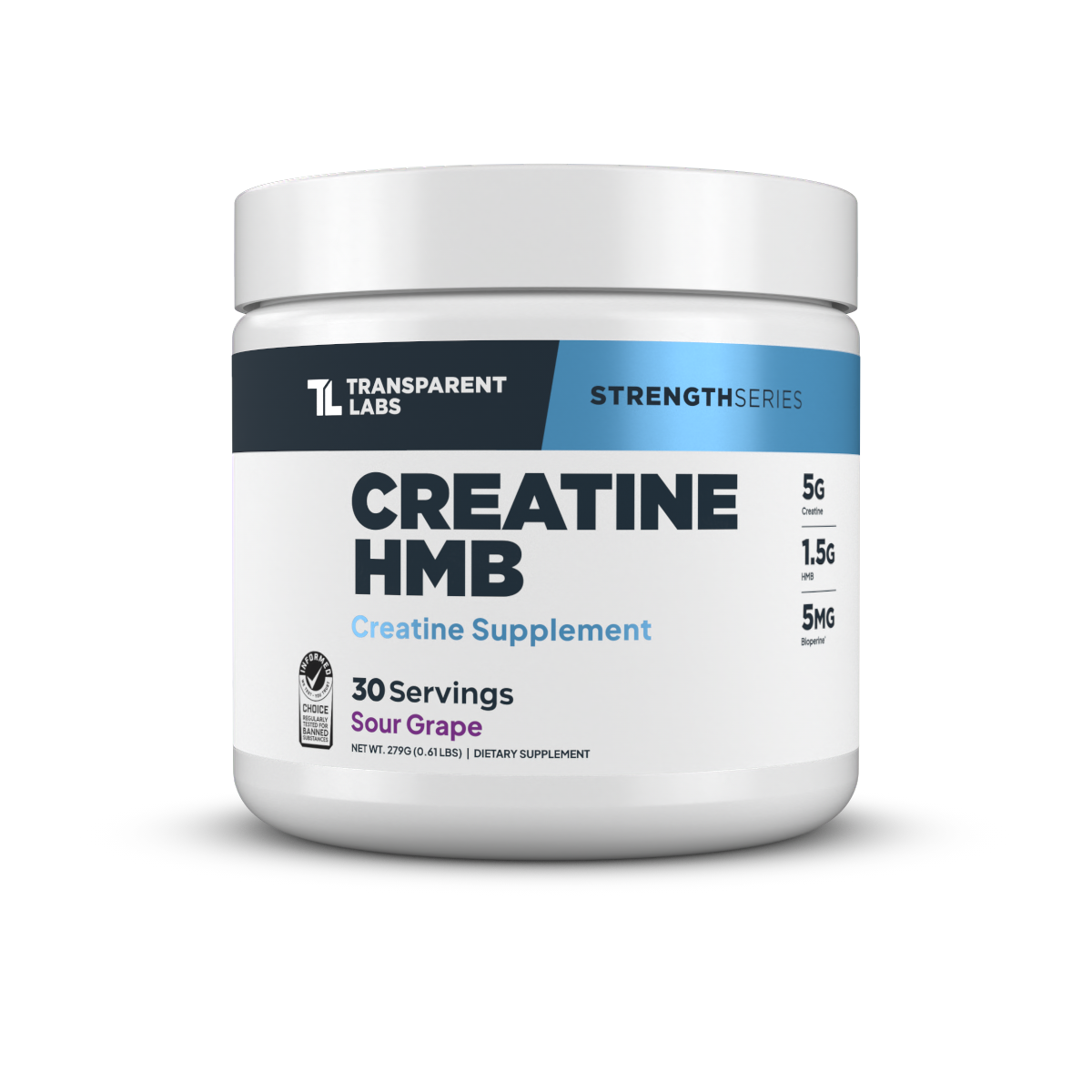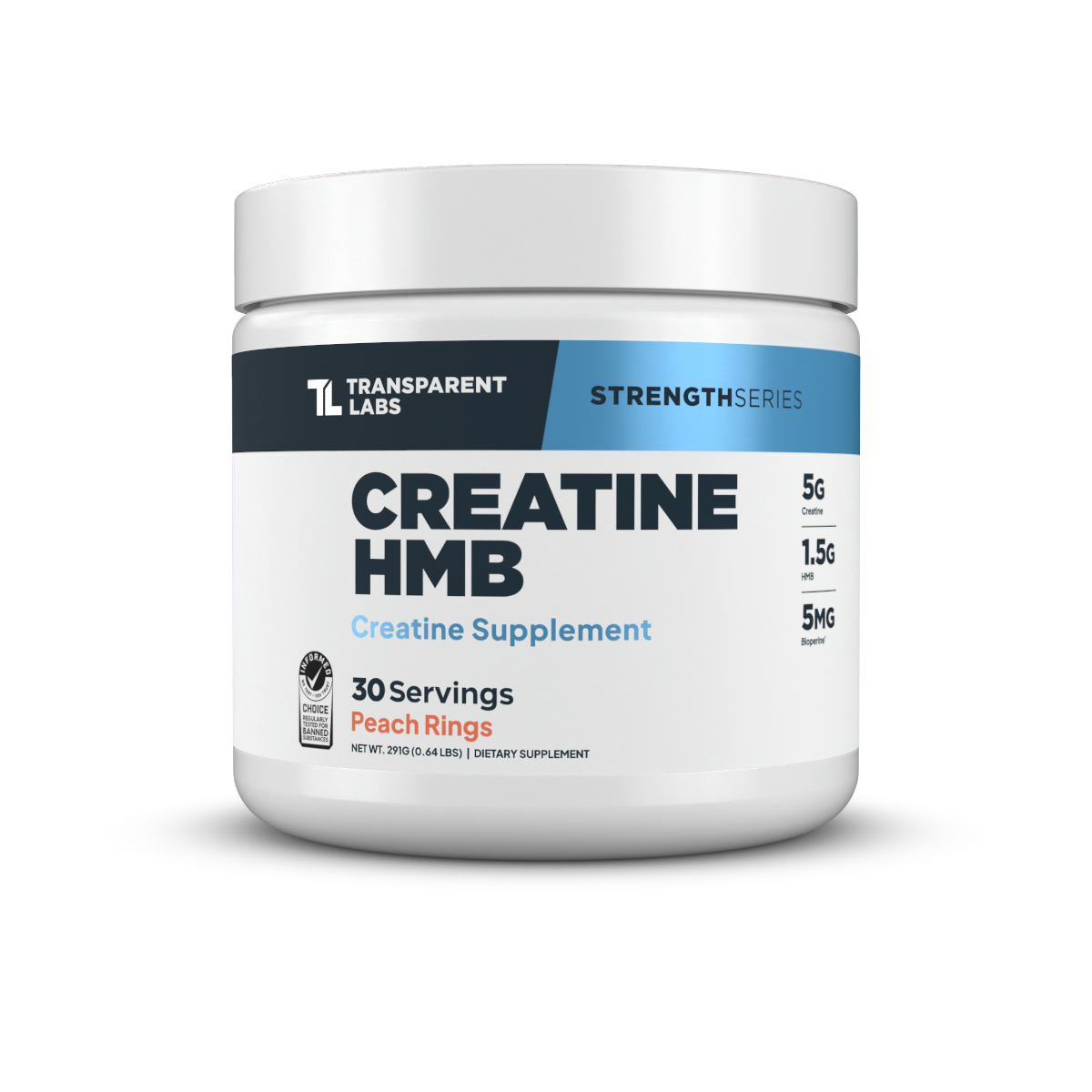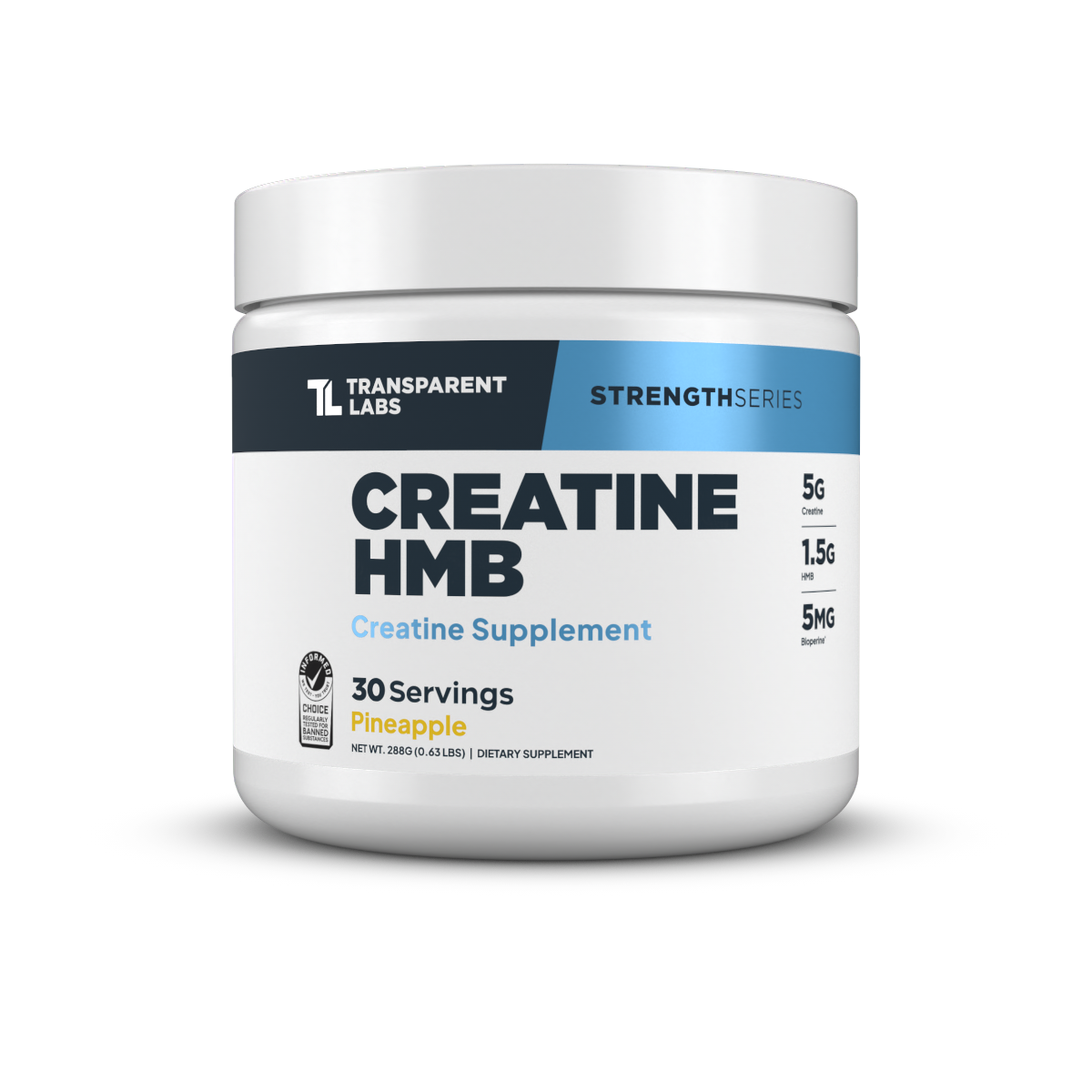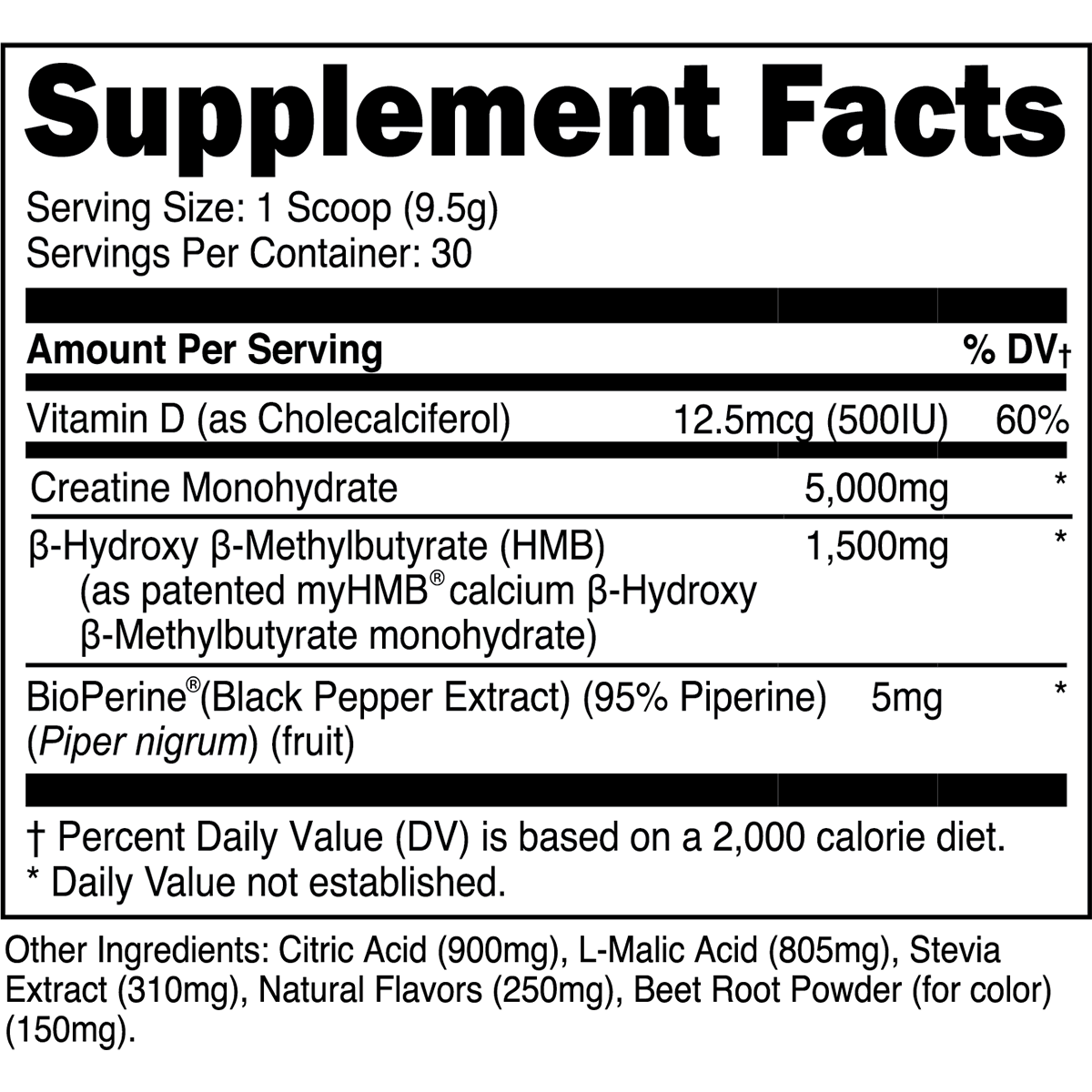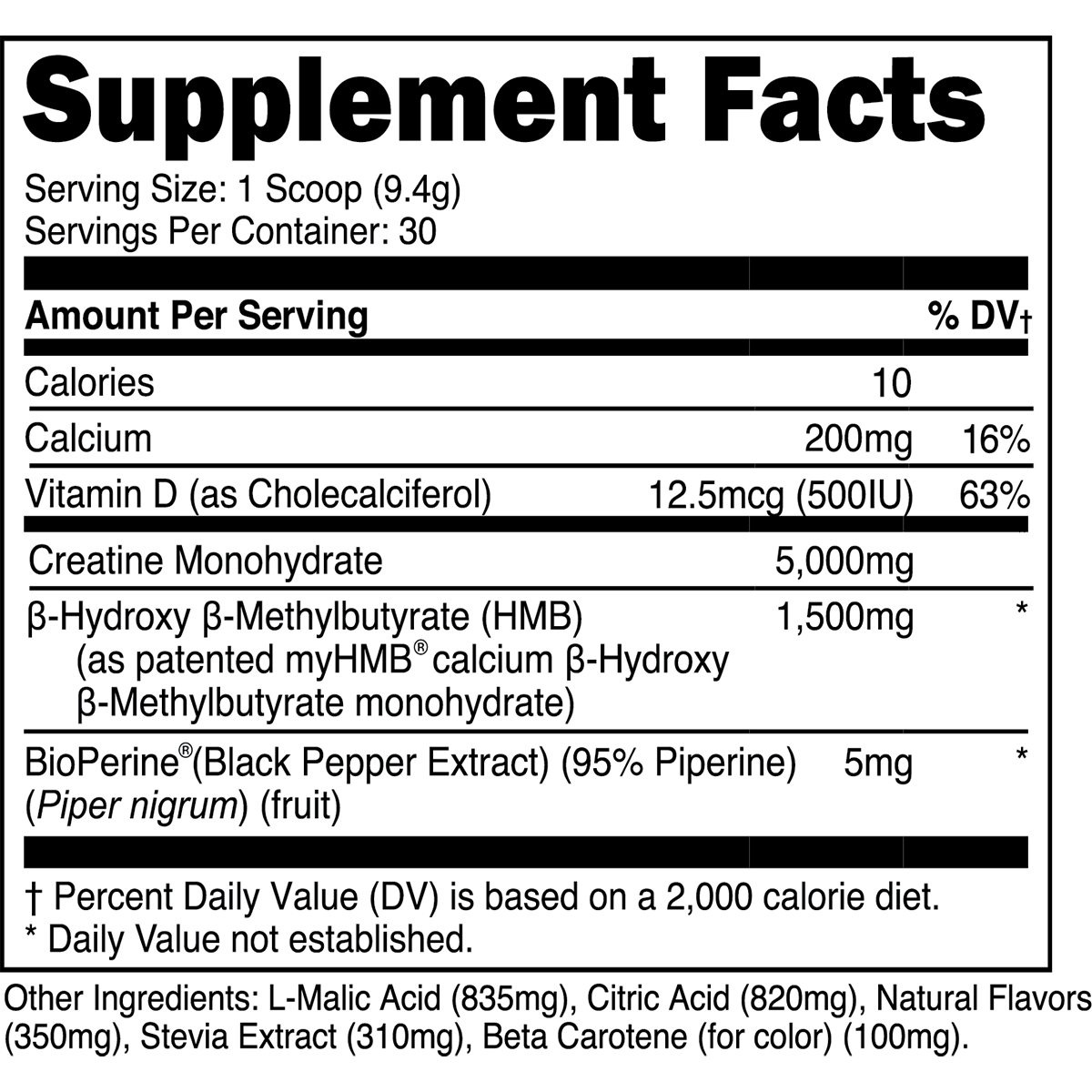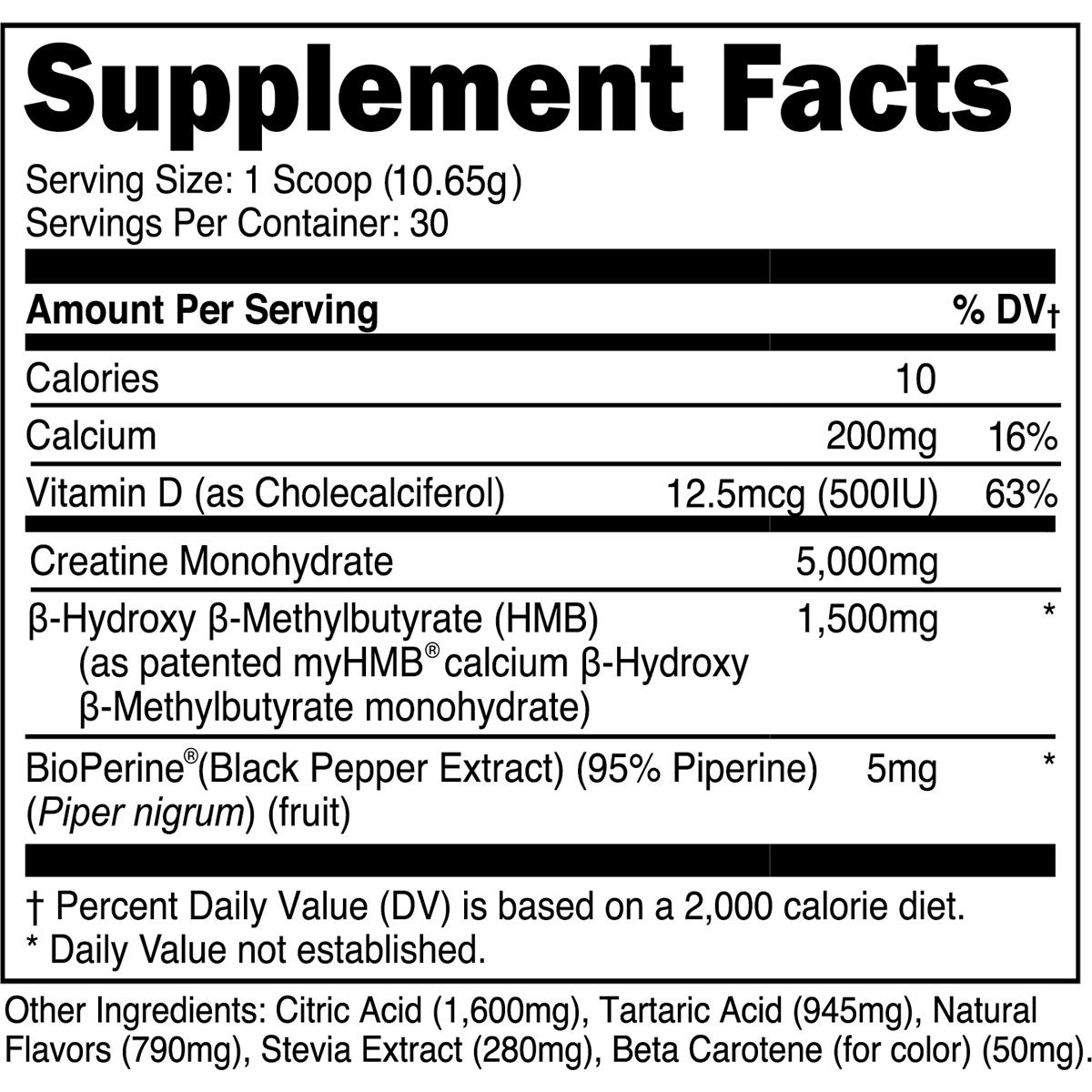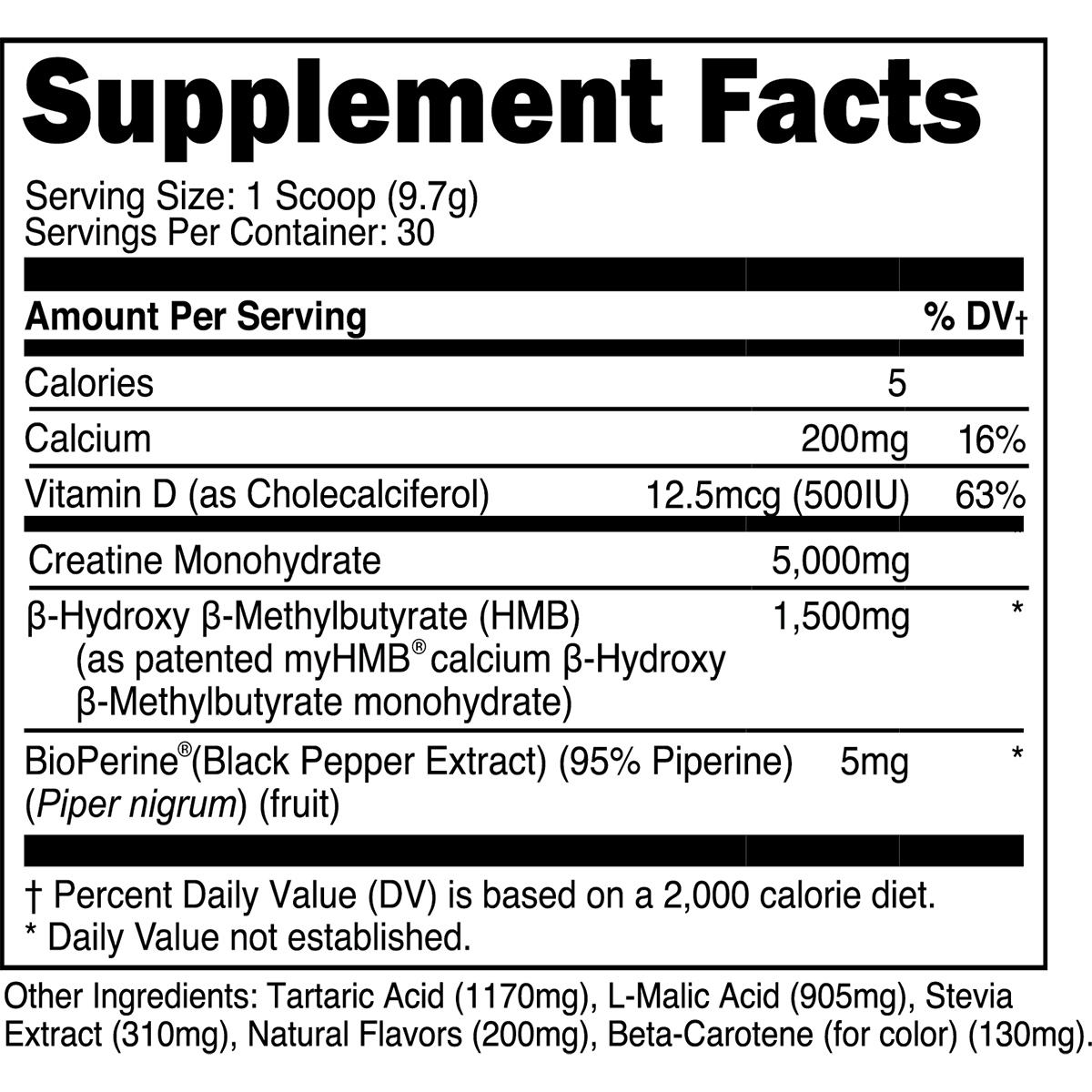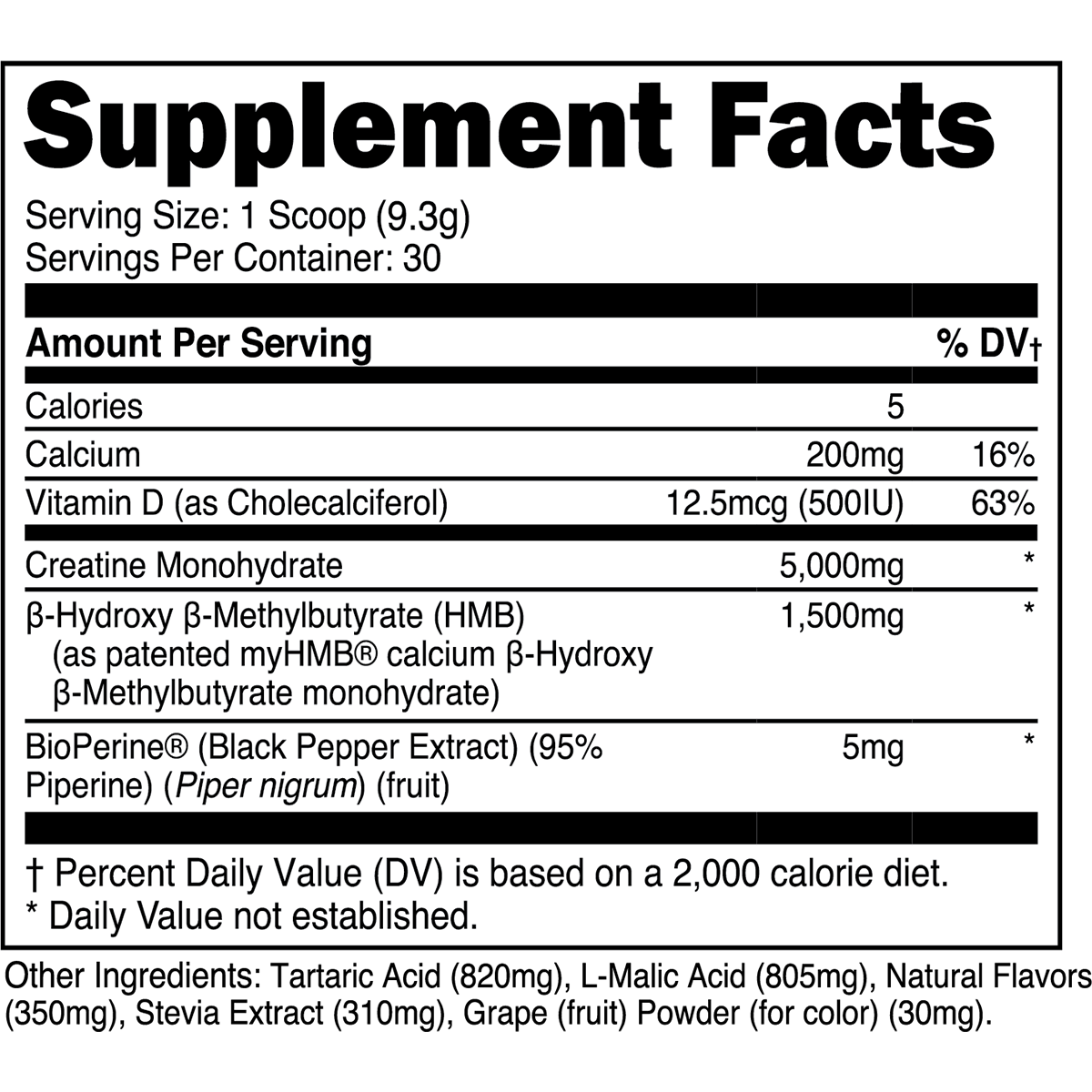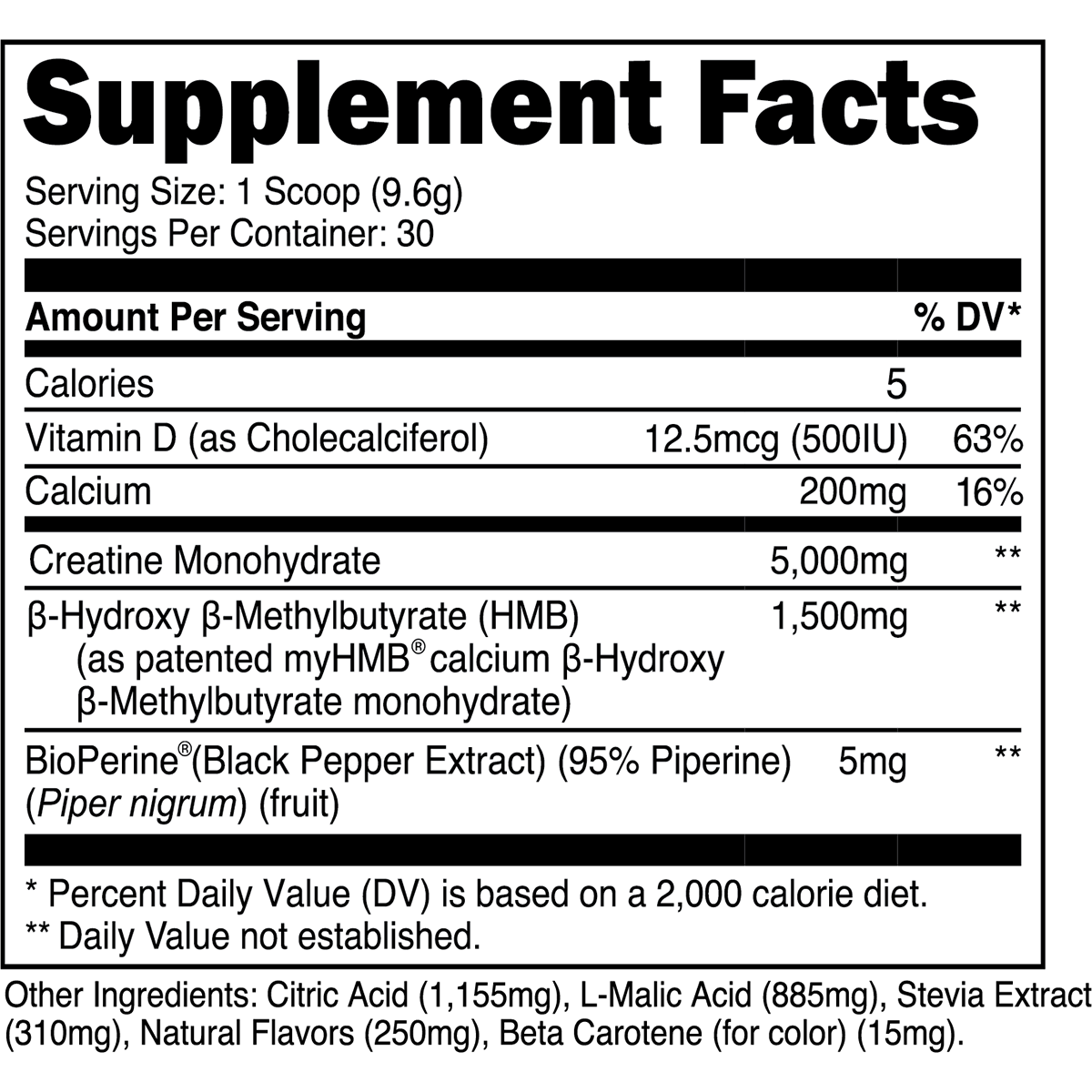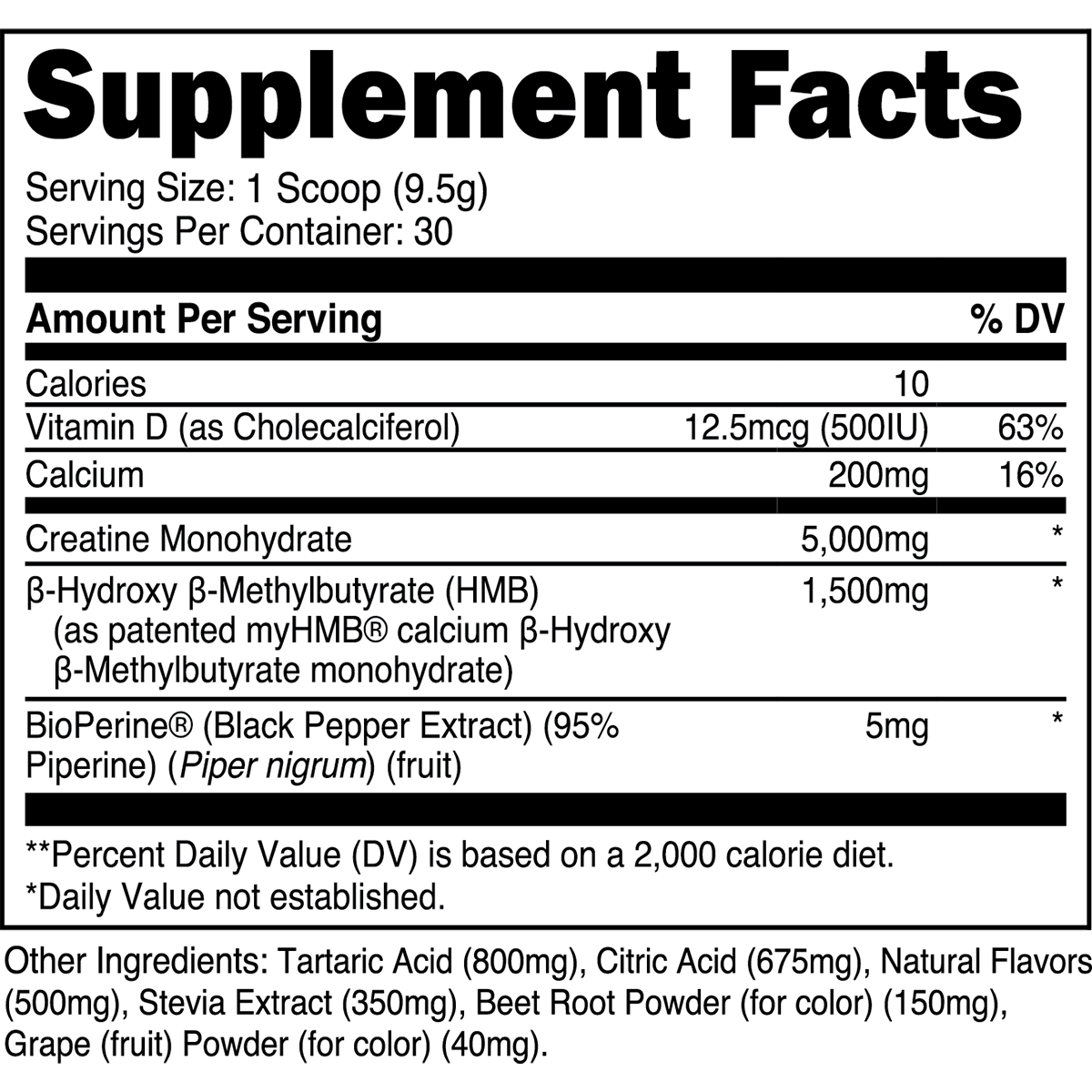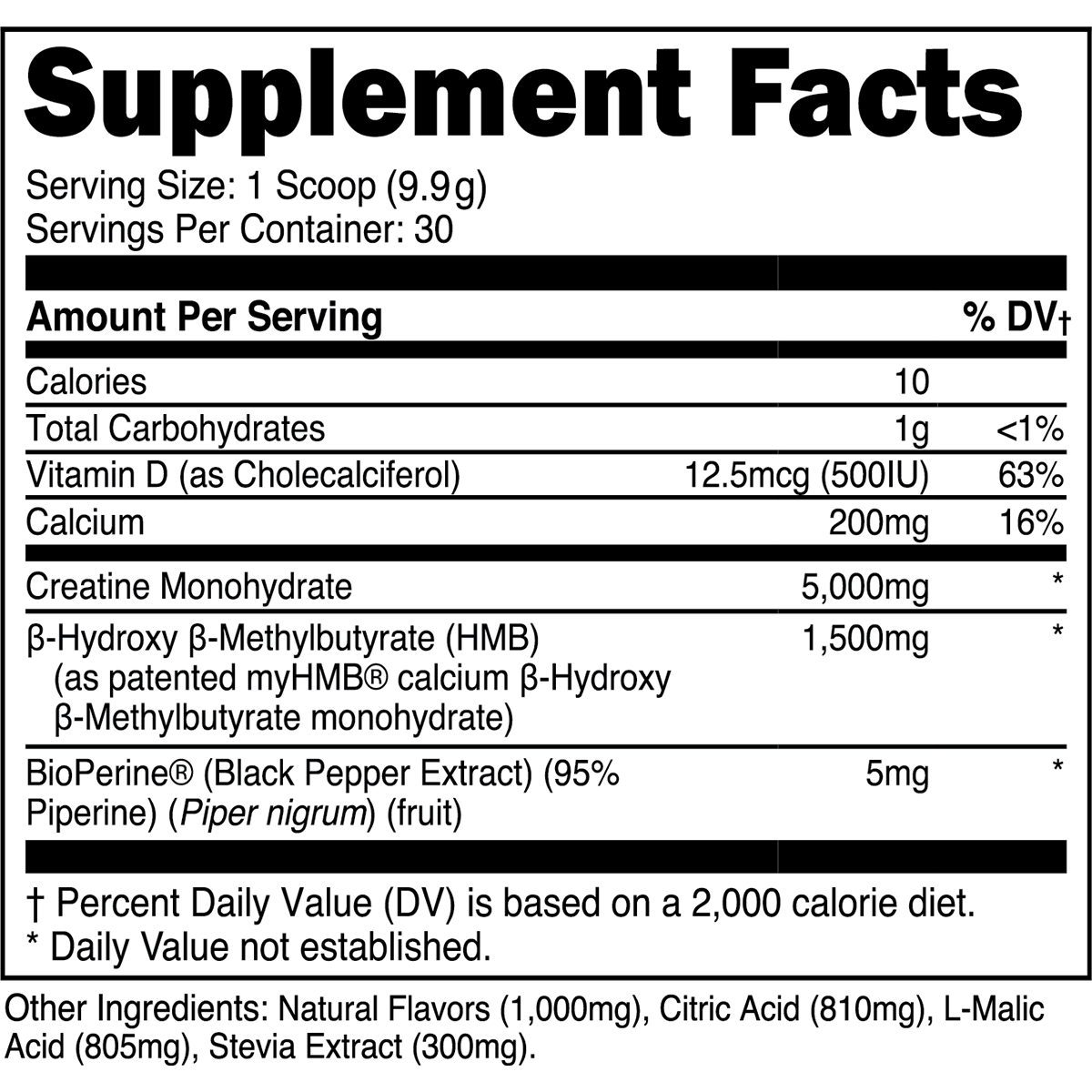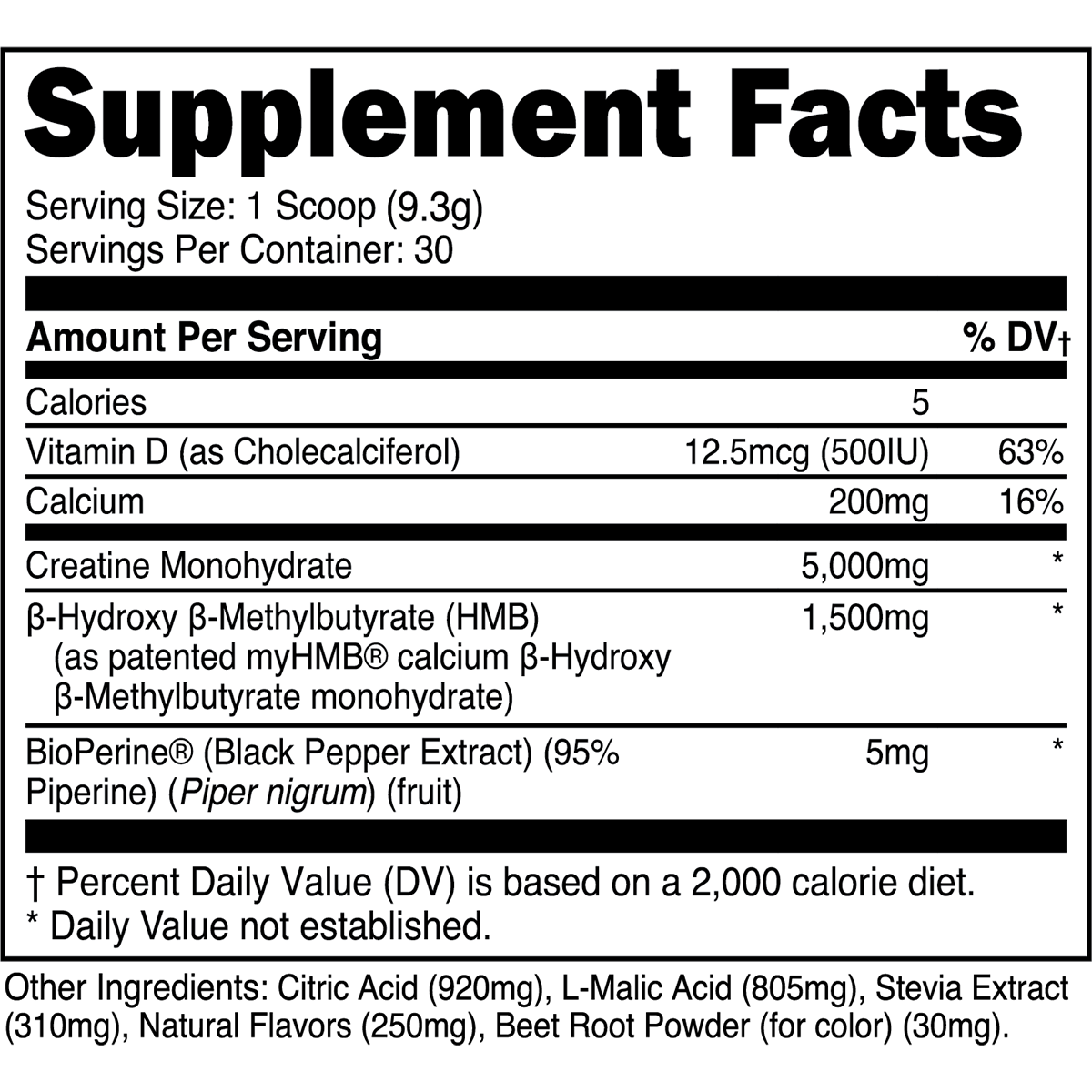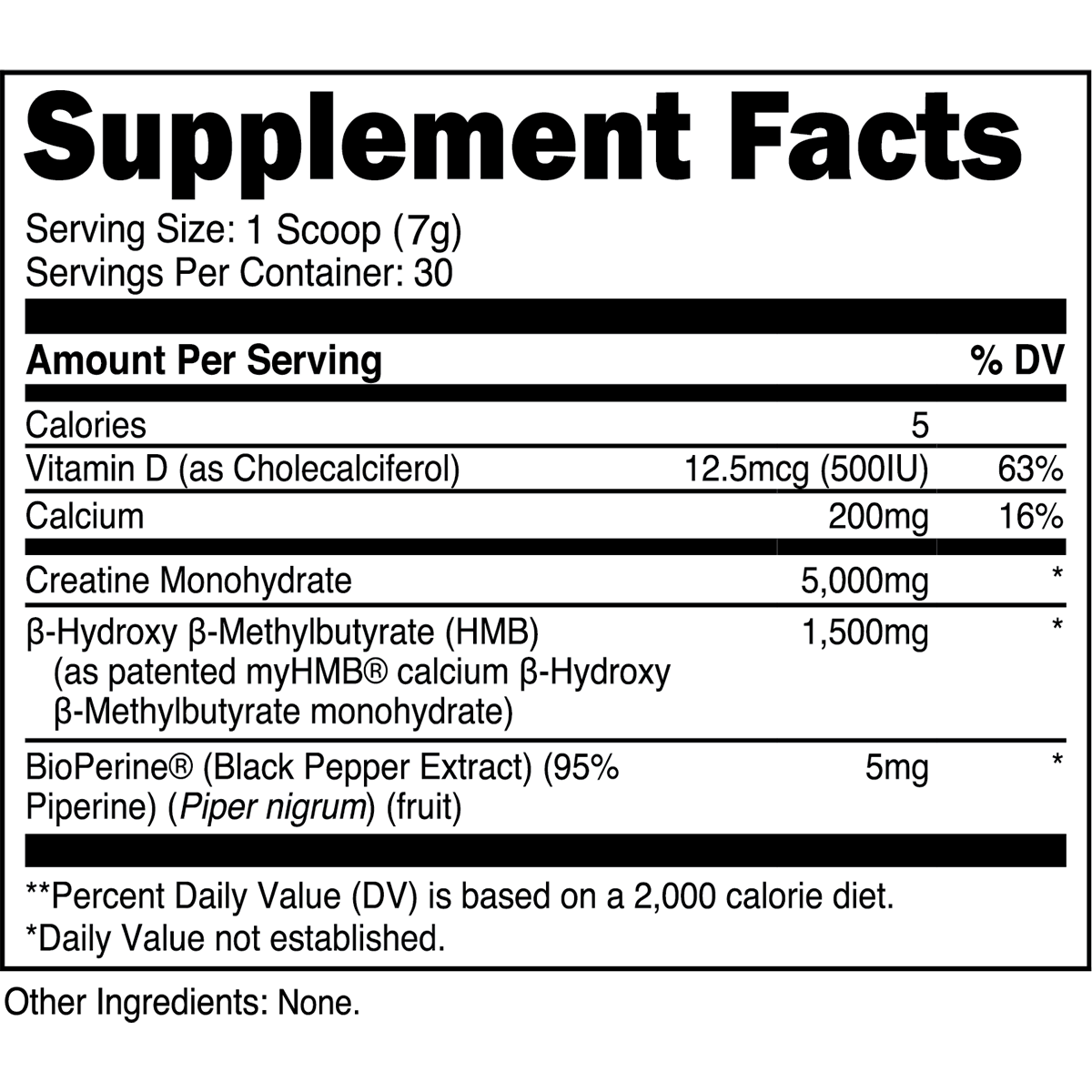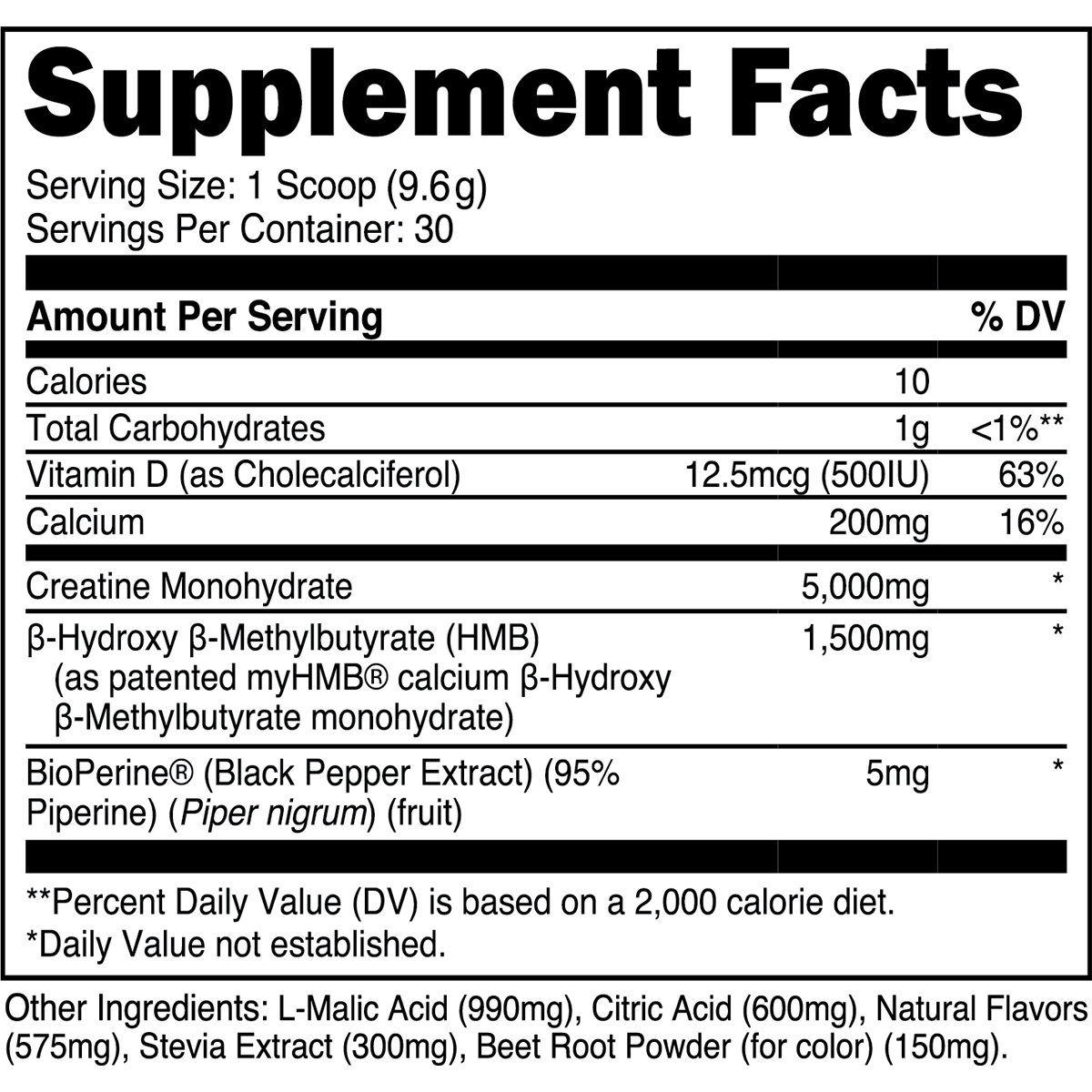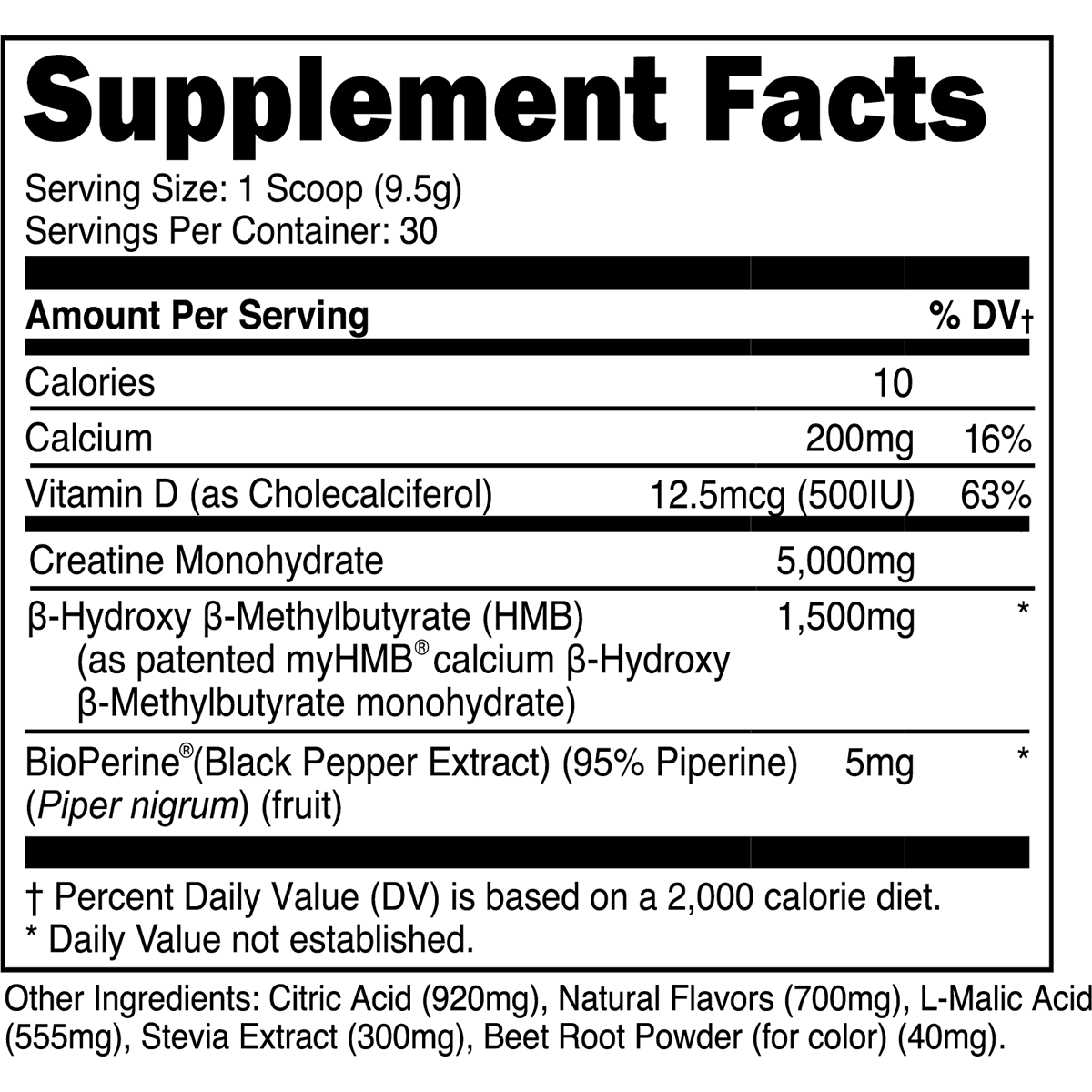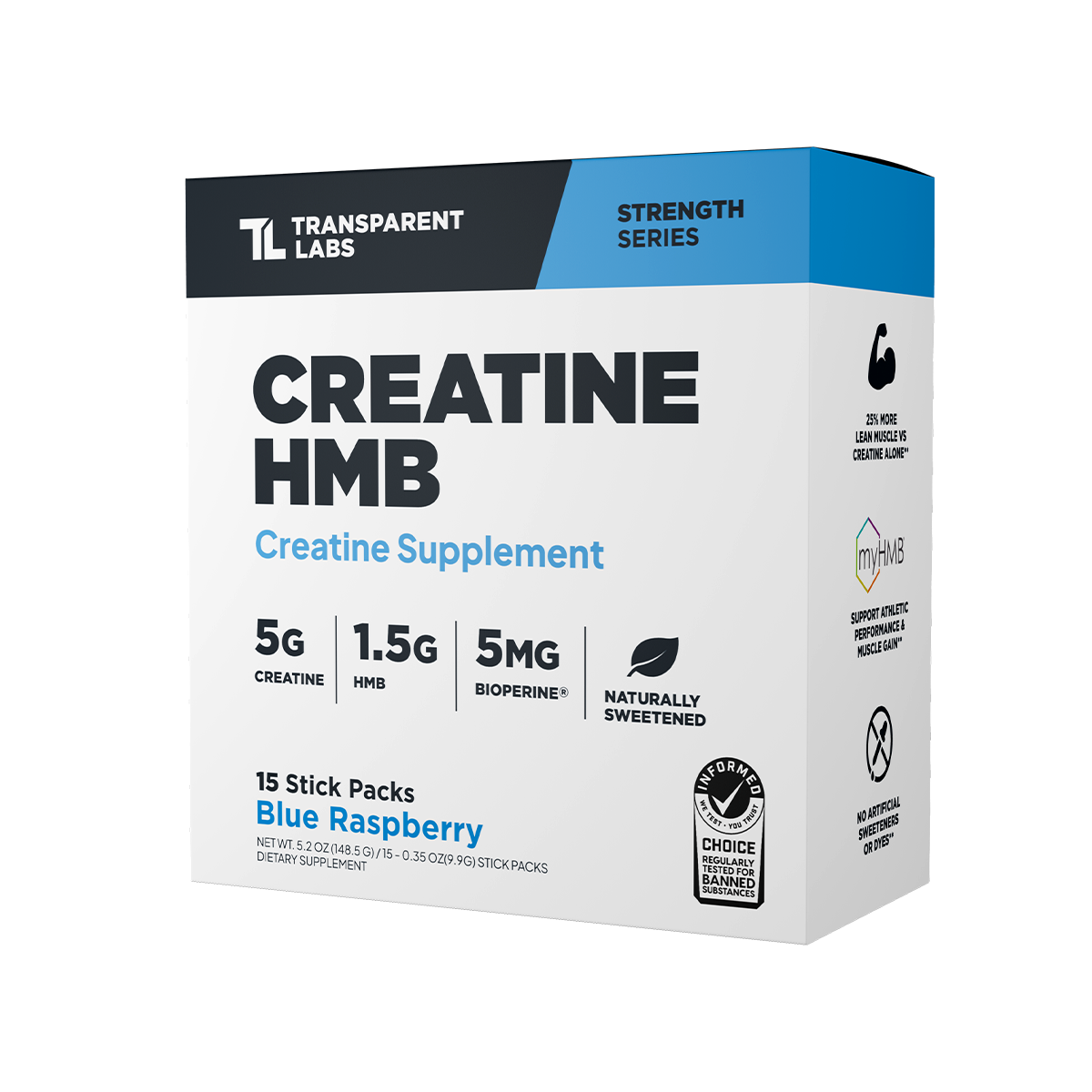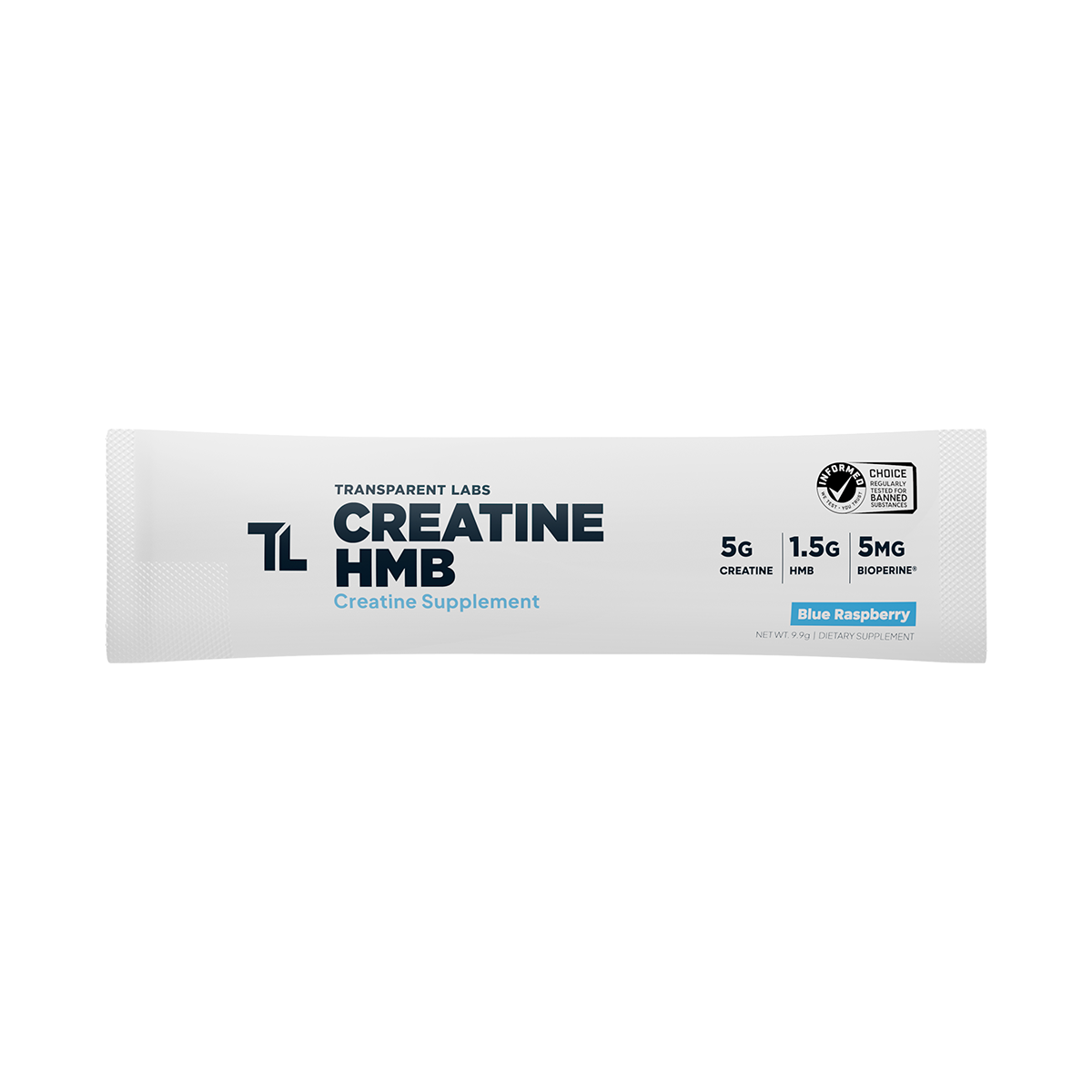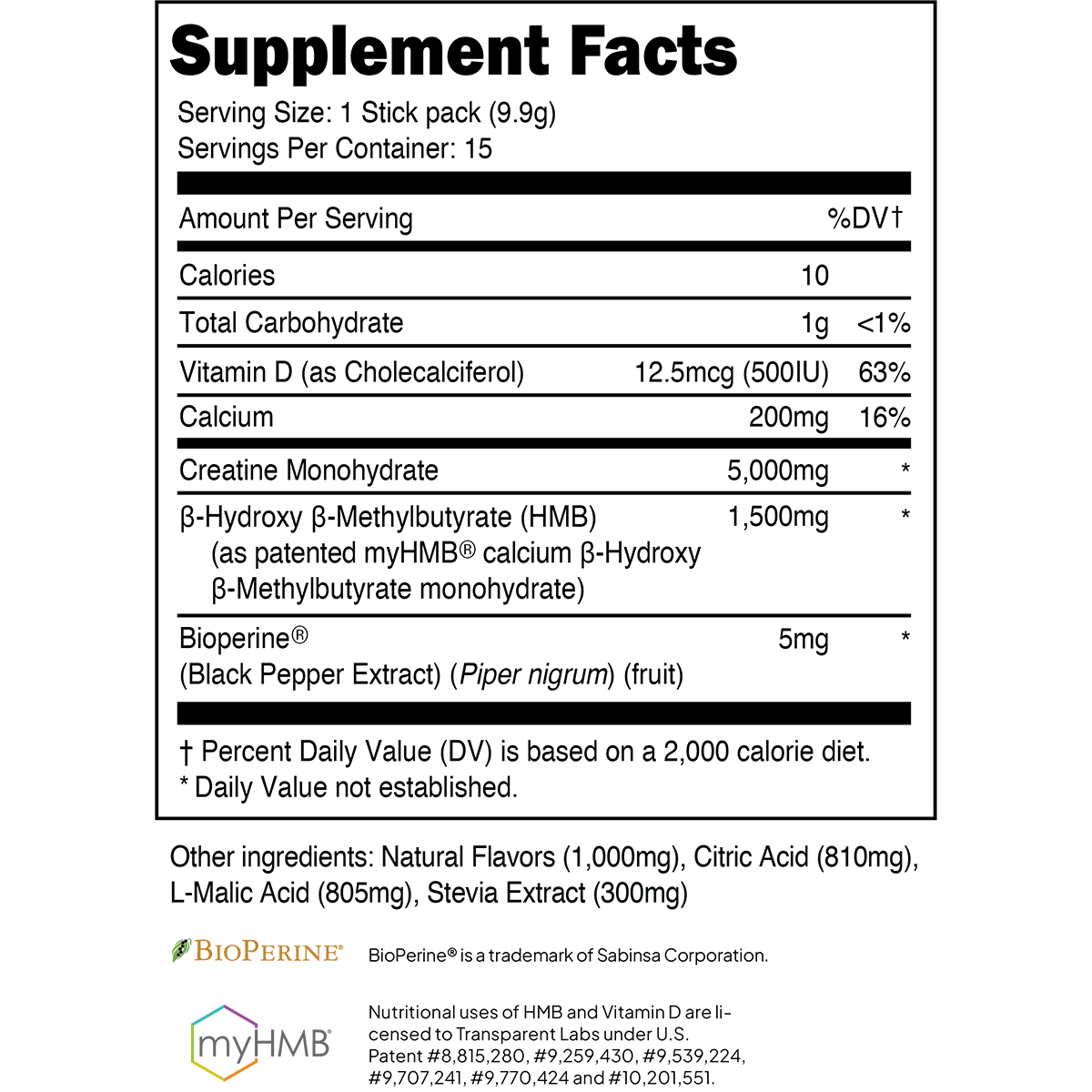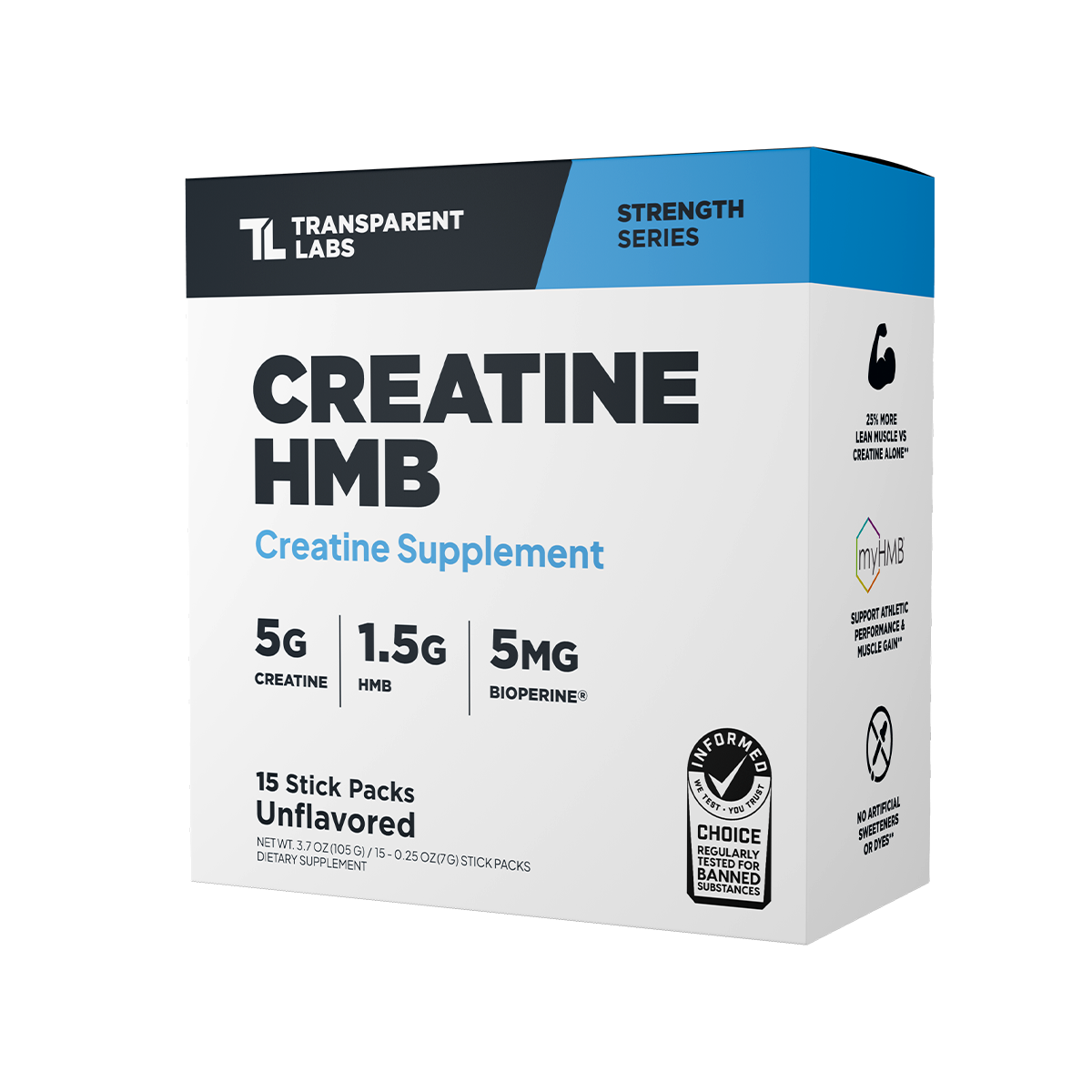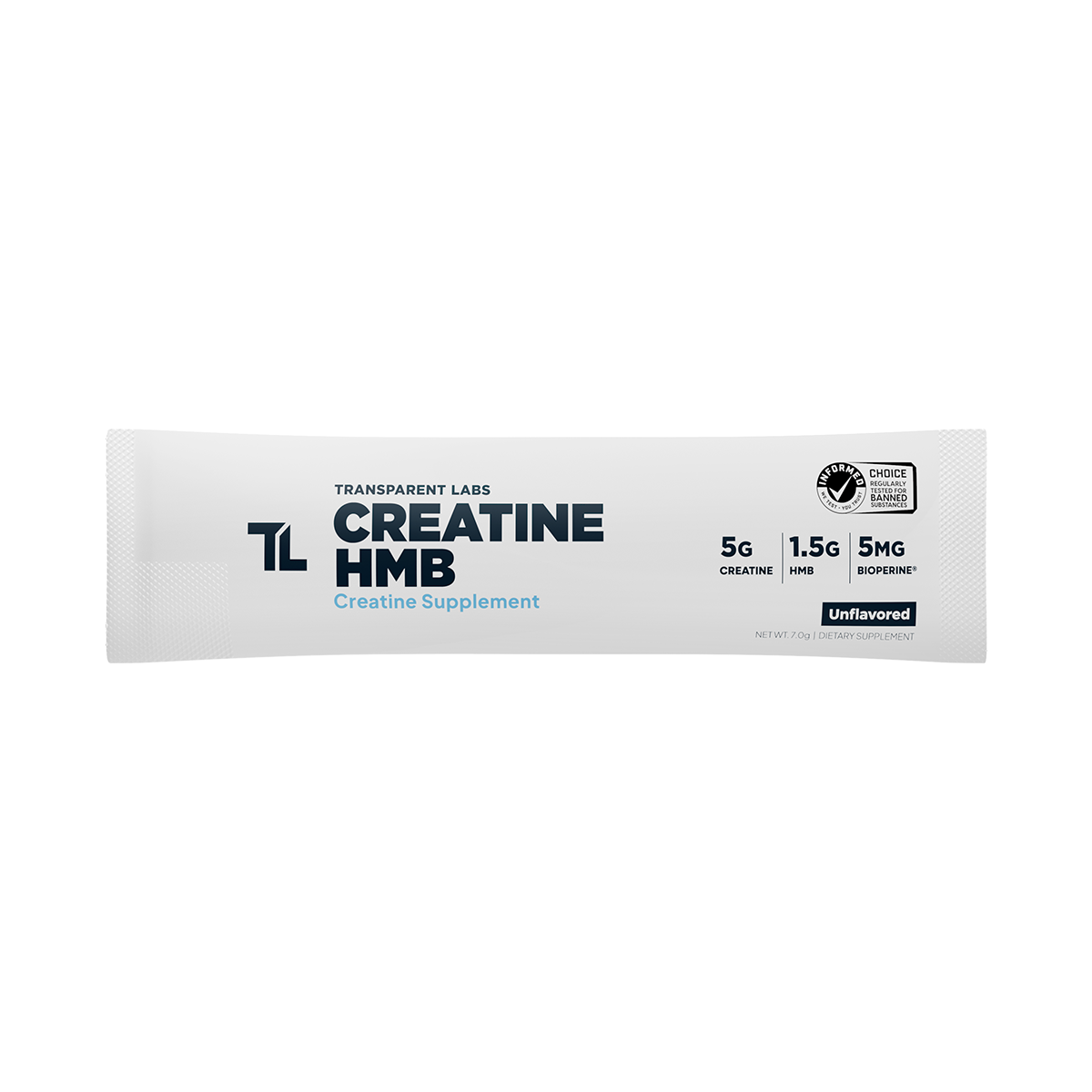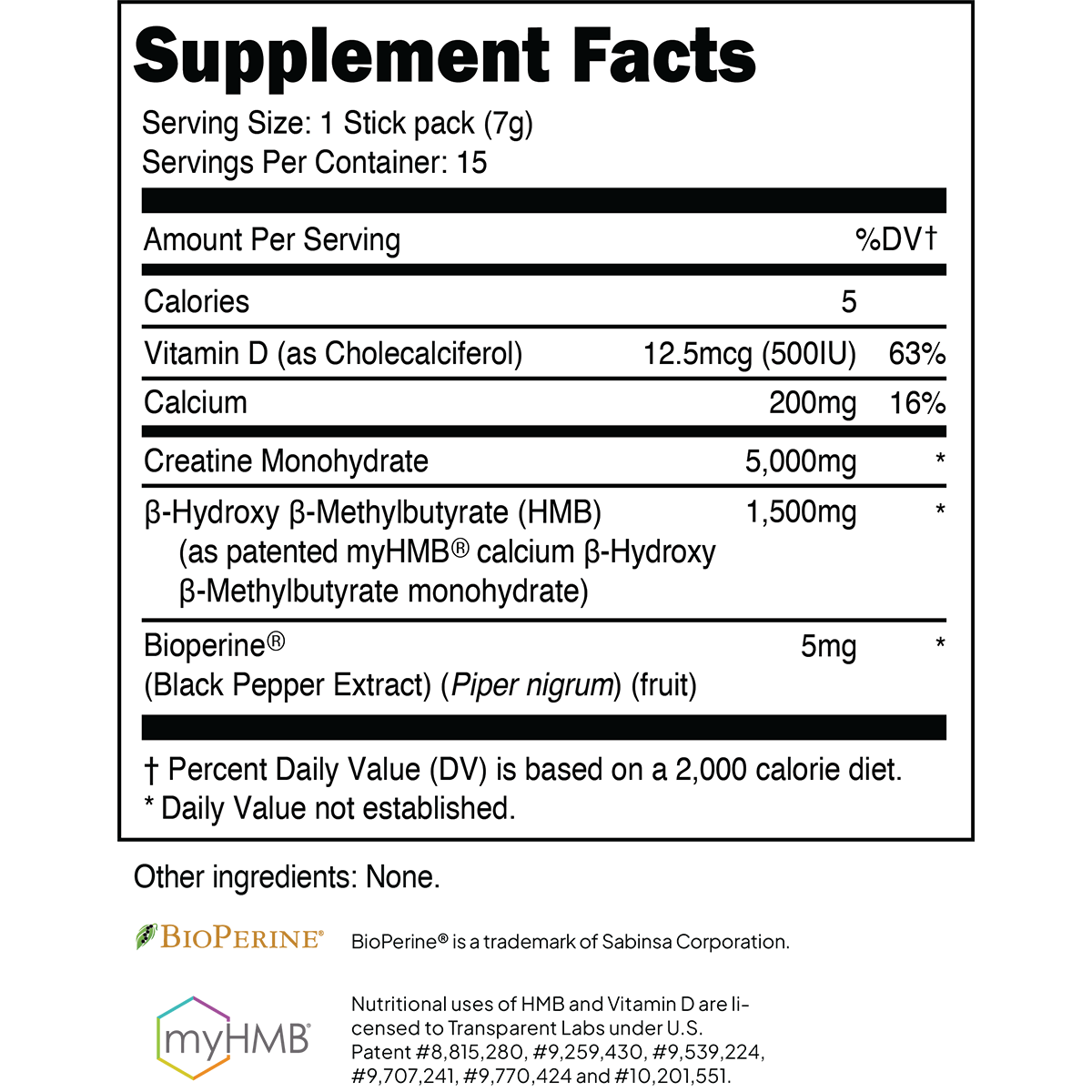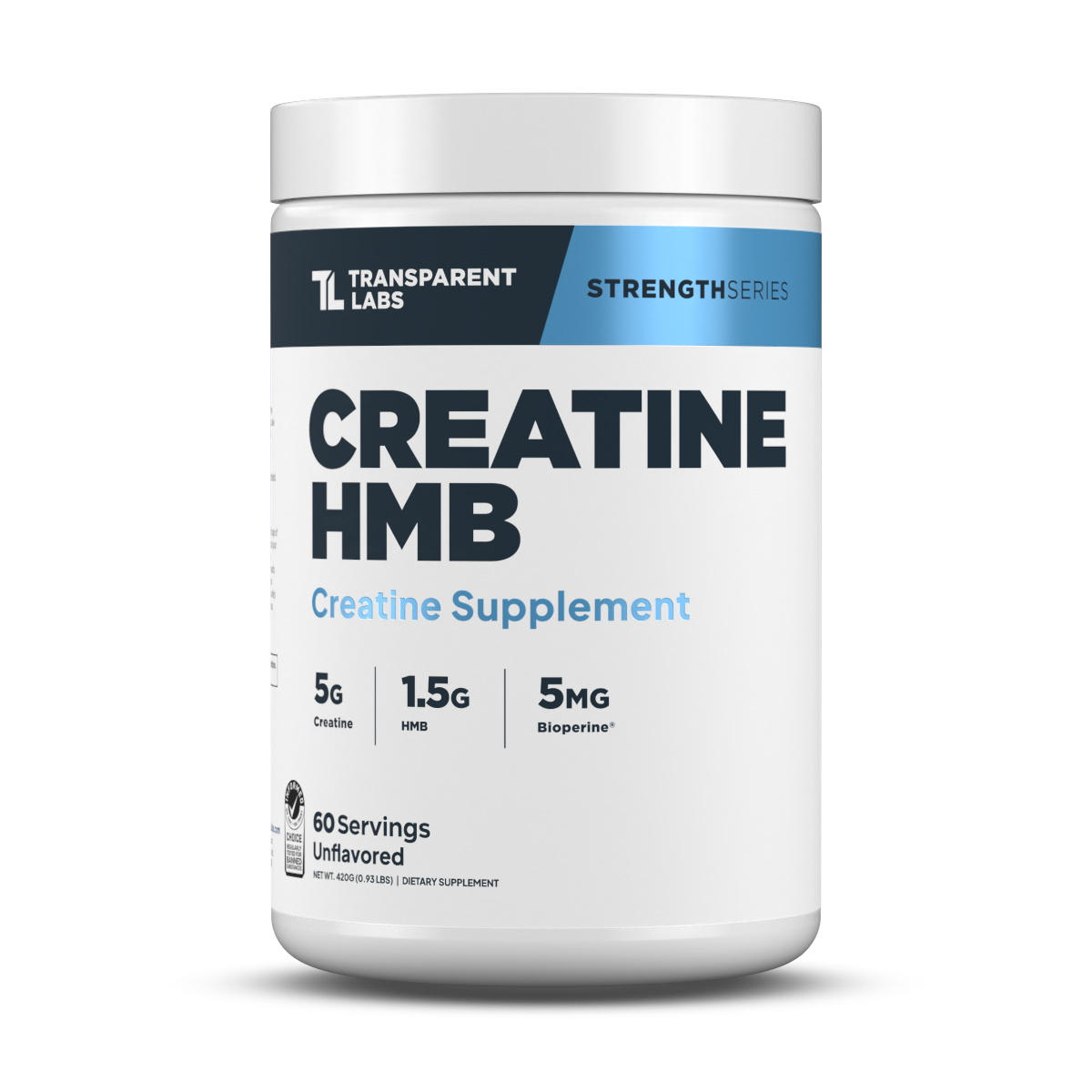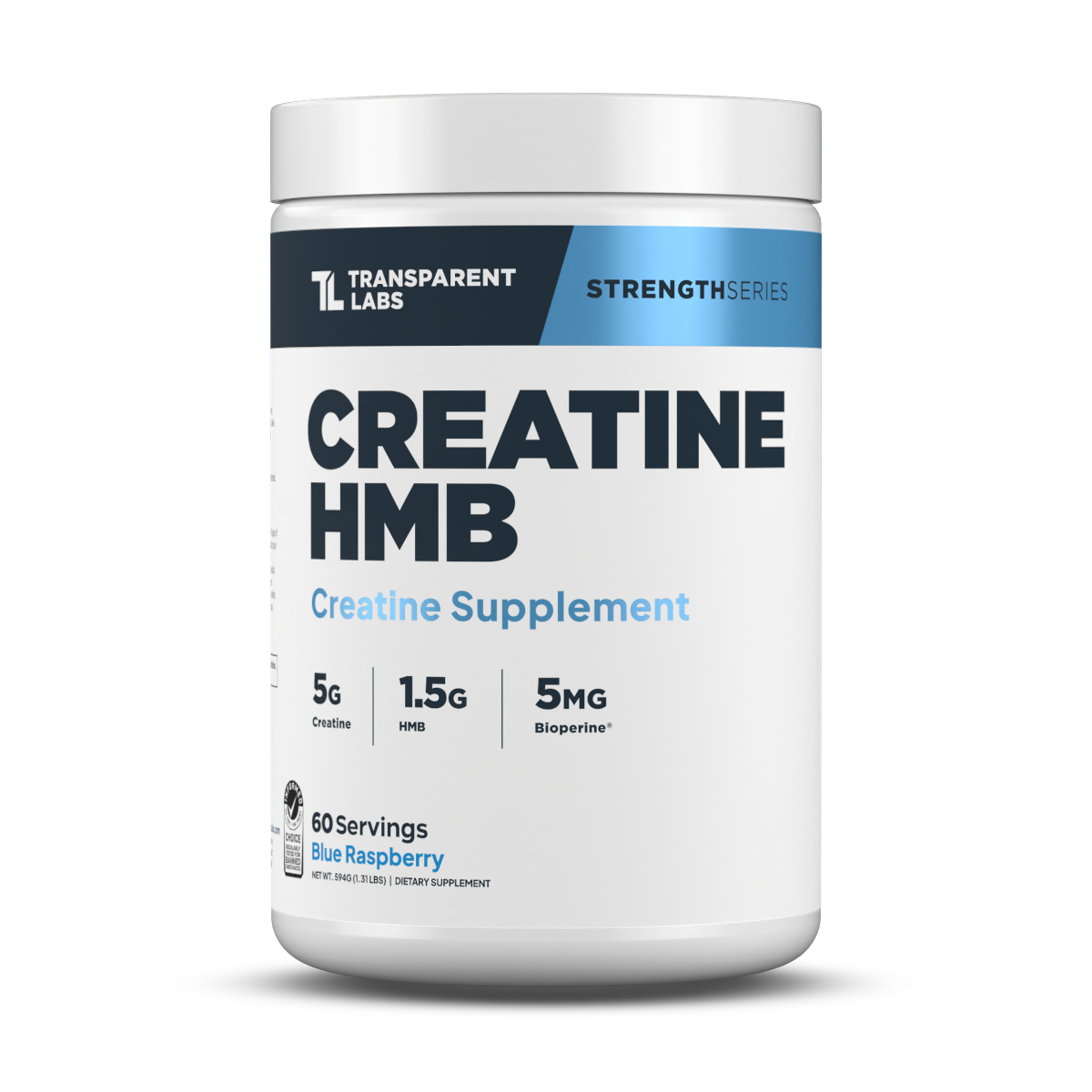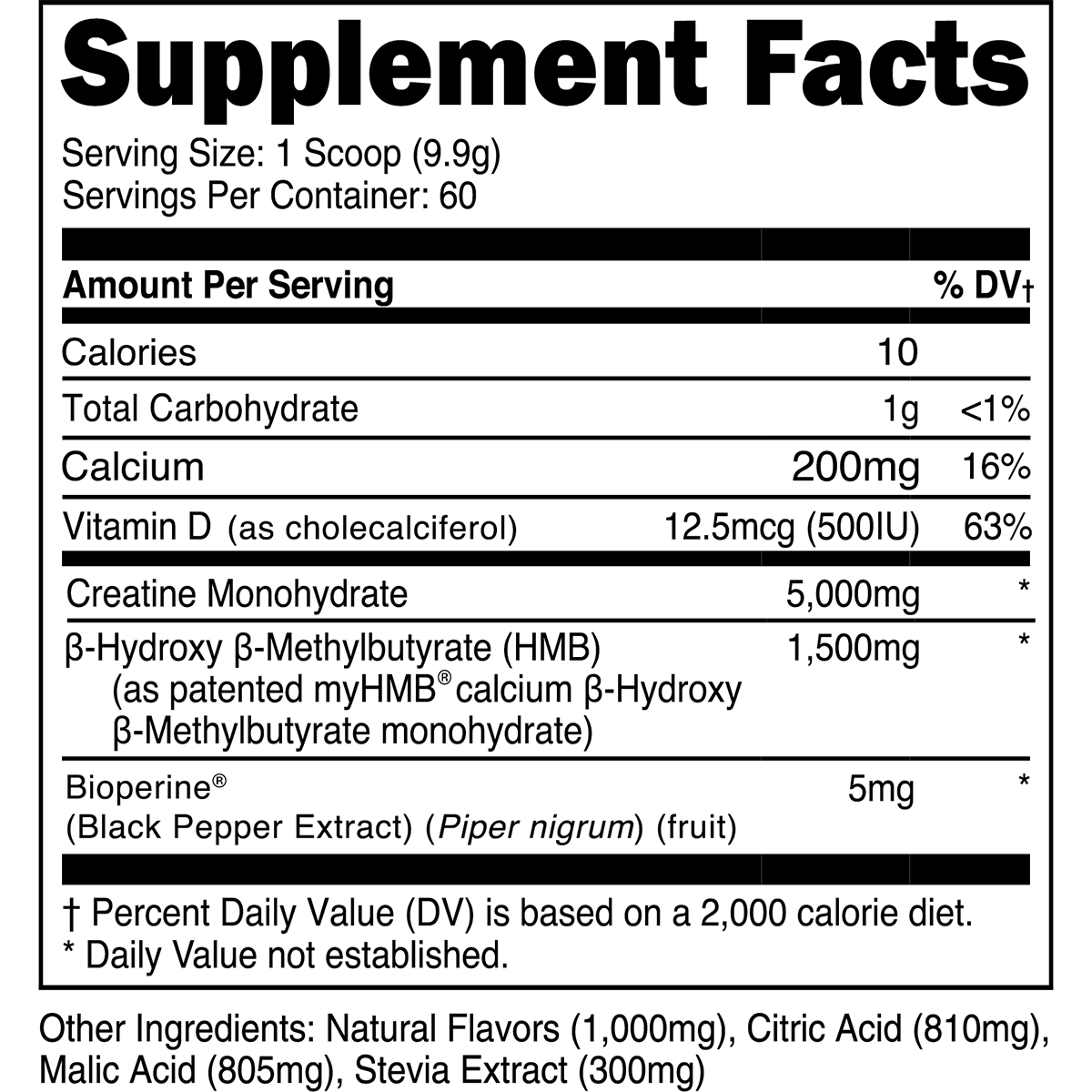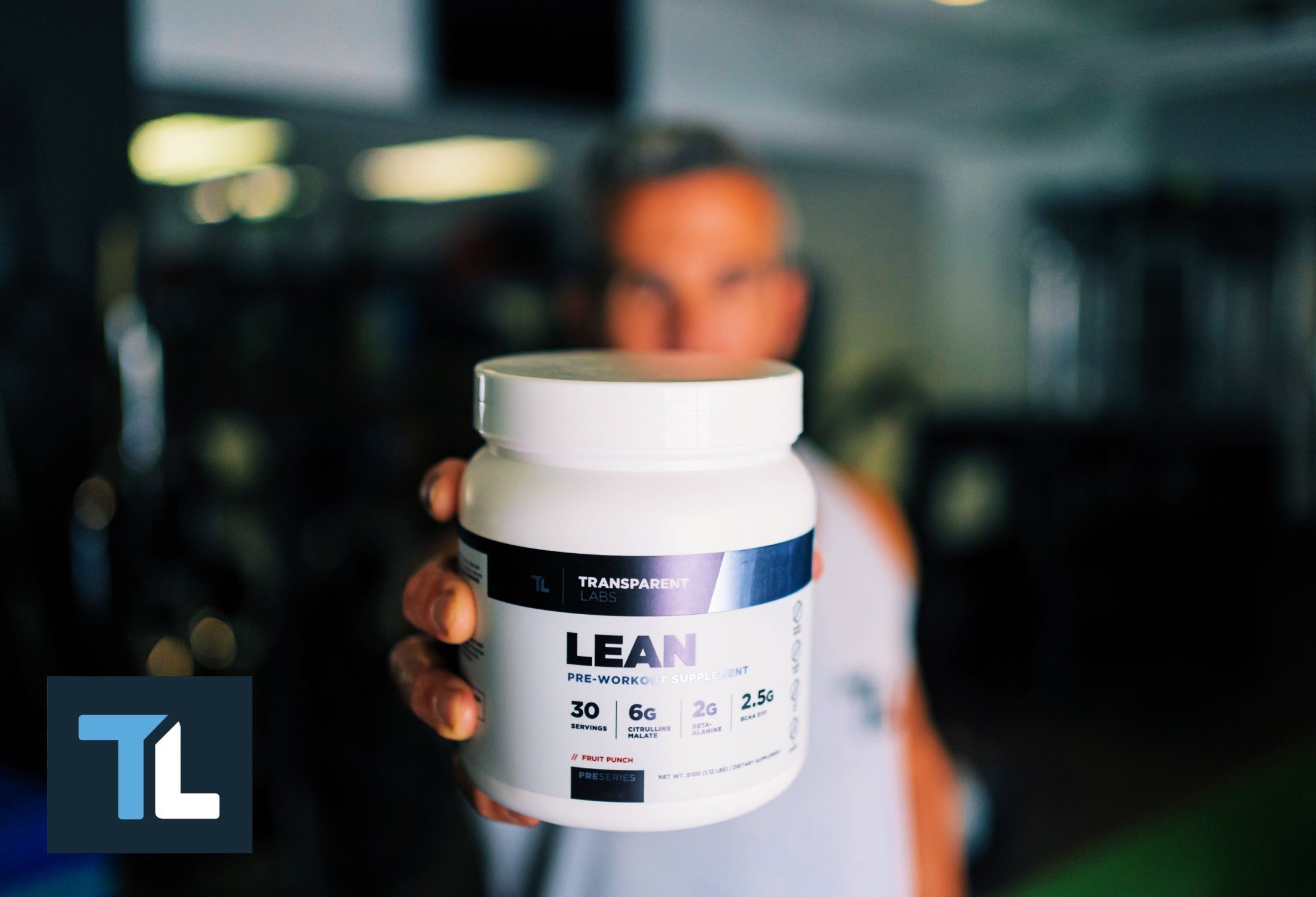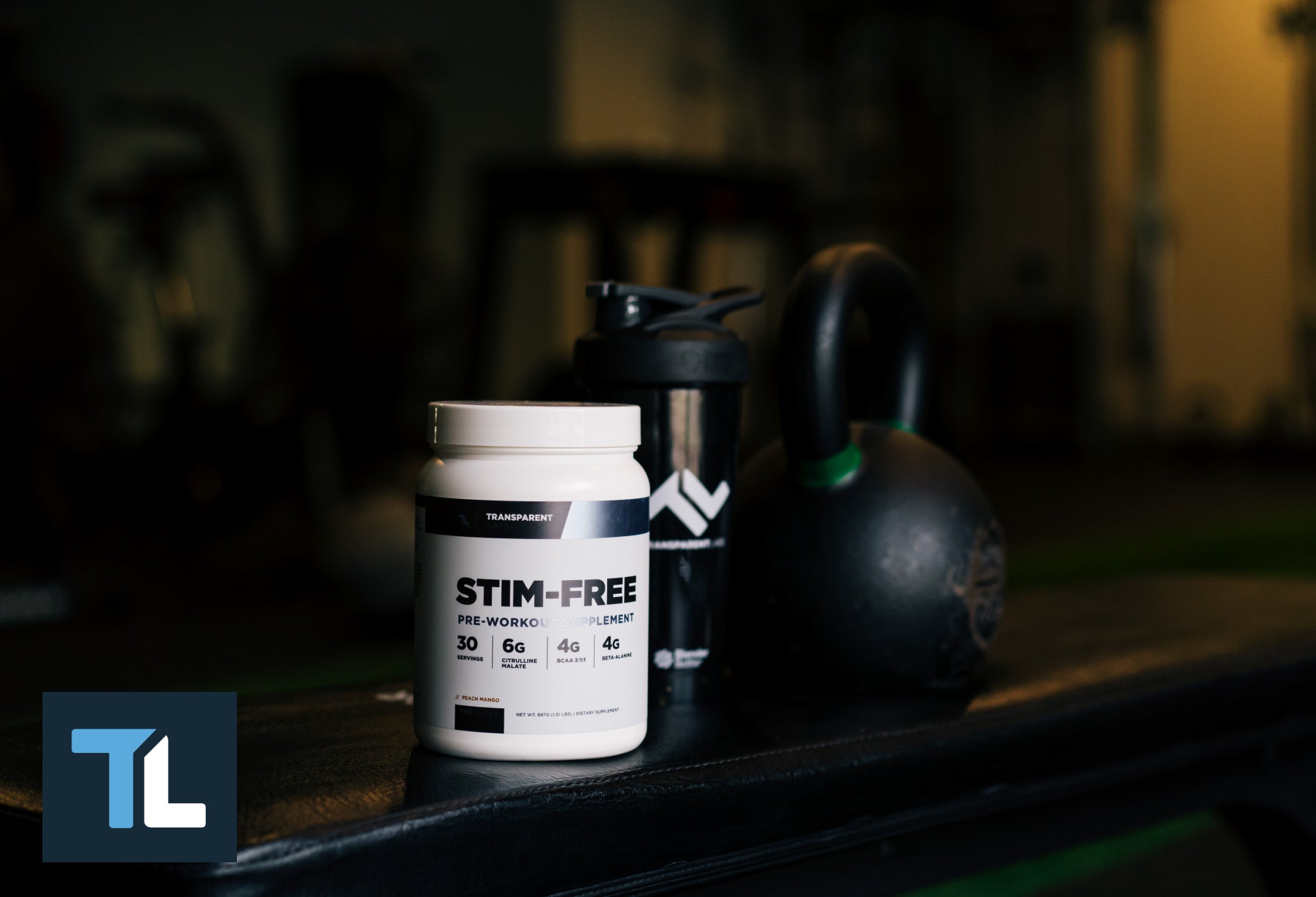Creatine and protein powder are two of the most popular and efficacious dietary supplements available—both being well-known for their roles in improving body composition, exercise performance, and recovery. Yet, fitness enthusiasts are often left pondering if they can mix the two together.
So, can you mix creatine with protein powder? The short n' sweet answer: Yes, absolutely. Mixing creatine with protein powder is perfectly fine, and makes for added convenience with your post-workout protein shake after hitting the gym.
However, there are further considerations when mixing creatine and protein powder, and some people may fare better by taking them separately. This article will cover the finer details of combining these tried-and-true supplements and how to dose them appropriately.
What Is Creatine?
Creatine is a naturally occurring compound synthesized primarily in the liver, kidneys, and pancreas. It plays an essential role in cellular energy production by replenishing adenosine triphosphate (ATP) stores during high-intensity, short-duration exercises such as weightlifting and sprinting. The catch is that the body only produces so much creatine, and once creatine stores are depleted (e.g. from intense training), athletic performance tends to diminish.
Beyond endogenous production from dietary amino acids, creatine is found in various foods, notably red meat and fish, although these sources contain relatively small amounts compared to the amount of creatine necessary for ergogenic benefits. As such, creatine supplements are among the most popular for gym-goers and athletes looking to improve athletic performance.
Taking supplemental creatine, specifically creatine monohydrate, works by bolstering creatine stores in muscle cells beyond normal physiological levels [1]. Once creatine stores are effectively saturated, muscle cells have more capacity to replenish ATP during physical exertion, resulting in greater strength, power, and endurance [2].
In addition to its performance-enhancing attributes, numerous studies indicate that creatine supplementation promotes lean muscle mass gains and facilitates longevity benefits by protecting the heart and brain [3, 4, 5]. That's right—creatine is no longer just a "gym bro" supplement, but rather, a staple for virtually anyone who wants to stay fit and healthy throughout their lifespan.
What is Protein Powder?
Protein is an essential macronutrient comprised of amino acids that are veritable building blocks of muscle tissue. Hence, protein is integral for muscle hypertrophy, lean mass retention, and recovery.
While protein is readily abundant in foods like dairy products, poultry, eggs, seafood, and meat, ingesting an adequate amount of protein can be challenging for active individuals trying to build and maintain muscle. The good news is that protein powder makes it much easier to hit your daily protein intake goals without taking a toll on your digestive system.

Thus, protein shakes have become a staple for athletes, gym-goers, and adults who struggle to consume ample protein through whole foods. Whey protein powder is the most popular variety, but there are numerous alternatives that cater to consumers with specific dietary needs/preferences.
Whey protein isolate, derived from dairy milk, remains the "gold standard" due to its rapid absorption and ultra-high biological value, making it ideal for post-workout recovery or anytime you need an easily digestible source of complete protein [6].
Casein protein, the counterpart to whey in milk protein, digests more slowly, releasing essential amino acids into the bloodstream over an extended period [7]; this is why casein is often referred to as a "nighttime protein" since people often take it before bedtime to promote recovery during sleep.
Lastly, plant-based protein powders, such as those derived from pea or rice, offer viable alternatives to whey and casein for vegans and those with lactose intolerance by providing essential amino acids exclusively from vegan sources.
Benefits of Mixing Creatine with Protein Powder
Convenience: Combining both creatine and protein powder in a single shake streamlines the supplementation routine, providing a practical solution for those looking to integrate these essential nutrients seamlessly into their diet. This amalgamation not only reduces the need for multiple containers and measurements but also simplifies consumption, making it particularly advantageous for individuals with hectic lifestyles or those seeking efficiency in their nutrition regimen. Furthermore, this convenience extends to storage and transportation, minimizing both preparation time and potential waste, thereby contributing to a more sustainable practice.
Taste: While creatine monohydrate is characteristically tasteless, its introduction into a protein shake can enhance the overall palatability of the supplement experience. By using flavored protein powders, users have the opportunity to mask any granular texture and enhance their sensory pleasure, turning a routine nutritional requirement into a more enjoyable and flavorful indulgence. This enhanced taste experience may increase consistency in supplement intake, as users are more likely to adhere to a supplementation schedule that they find appealing.
Timing: Dose timing is another important consideration for maximizing results when taking creatine and protein. Consuming creatine and protein together post-workout can ensure that the body receives a comprehensive nutritional boost when it is primed for absorption. This synchronized ingestion facilitates muscle protein synthesis, thereby kickstarting muscle recovery.
Potential Downsides to Mixing Creatine and Protein Powder
When considering the consumption of creatine and protein powder, potential side effects and risks must be thoroughly examined. One notable concern is potential digestive issues. Although creatine is lauded for its efficacy in enhancing athletic performance, it can often lead to bloating or stomach discomfort, particularly in large dosages. Such gastrointestinal distress typically arises from the body's attempt to process high concentrations of this compound, underscoring the importance of adhering to recommended doses.
Moreover, consumers must be vigilant about the double dosing risk. It's not uncommon for some protein supplements to have added creatine, a formulation designed to augment both muscle growth and exercise recovery. However, such products may inadvertently lead individuals to consume more creatine than intended, should they also supplement with standalone creatine. Checking the nutritional label becomes imperative to prevent excessive intake, which not only heightens the risk of the aforementioned digestive issues but also other health concerns.
How to Mix Creatine and Protein Powder for Best Results
Dosing
While creatine and protein are demonstrably safe even in exorbitant amounts, adhering to proper dosages is paramount when taking these supplements:
-
Individuals with larger amounts of lean muscle mass require slightly higher doses of creatine and vice versa, but the recommended maintenance dosage for creatine monohydrate is typically around 3-5 grams per day [8].
-
If you're just beginning creatine supplementation, a loading phase may be prudent. (You can learn more about this optional strategy in our Creatine Loading article.)
-
-
The putative "ideal" dose of protein for maximizing muscle protein synthesis is 20-30 grams, which is usually the amount found in one serving of protein powder [9].
-
Note that you should not rely on protein powder as a sole source of dietary protein, but as an adjunct to a balanced diet with various whole-food protein sources.
-
Protein requirements are inherently more variable than creatine and contingent upon factors such as physical activity levels and individual health goals. For further guidance, check out our Guide to Determining Your Optimal Daily Protein Intake.
-
Mixing Tips
Creating a uniform mixture of creatine and protein powder can present challenges, particularly due to the potential for creatine to settle. To ensure optimal blending and prevent clumping, it is recommended to shake the mixture vigorously. Additionally, allowing the combined ingredients to sit momentarily before consumption may result in sedimentation; thus, a brief stir prior to drinking can help maintain the homogeneity of the concoction.
Should You Take Creatine and Protein Together or Separately?
Personal preference should be a guiding principle when deciding whether to take creatine and protein together or separately. Convenience can't be overlooked, and let's be honest—most people who lead busy lives won't stay consistent with a regimen unless it's somewhat convenient. Combining creatine and protein into a single shake simplifies the process without hindering results; in fact, it may confer synergistic effects for recovery and muscle growth.

